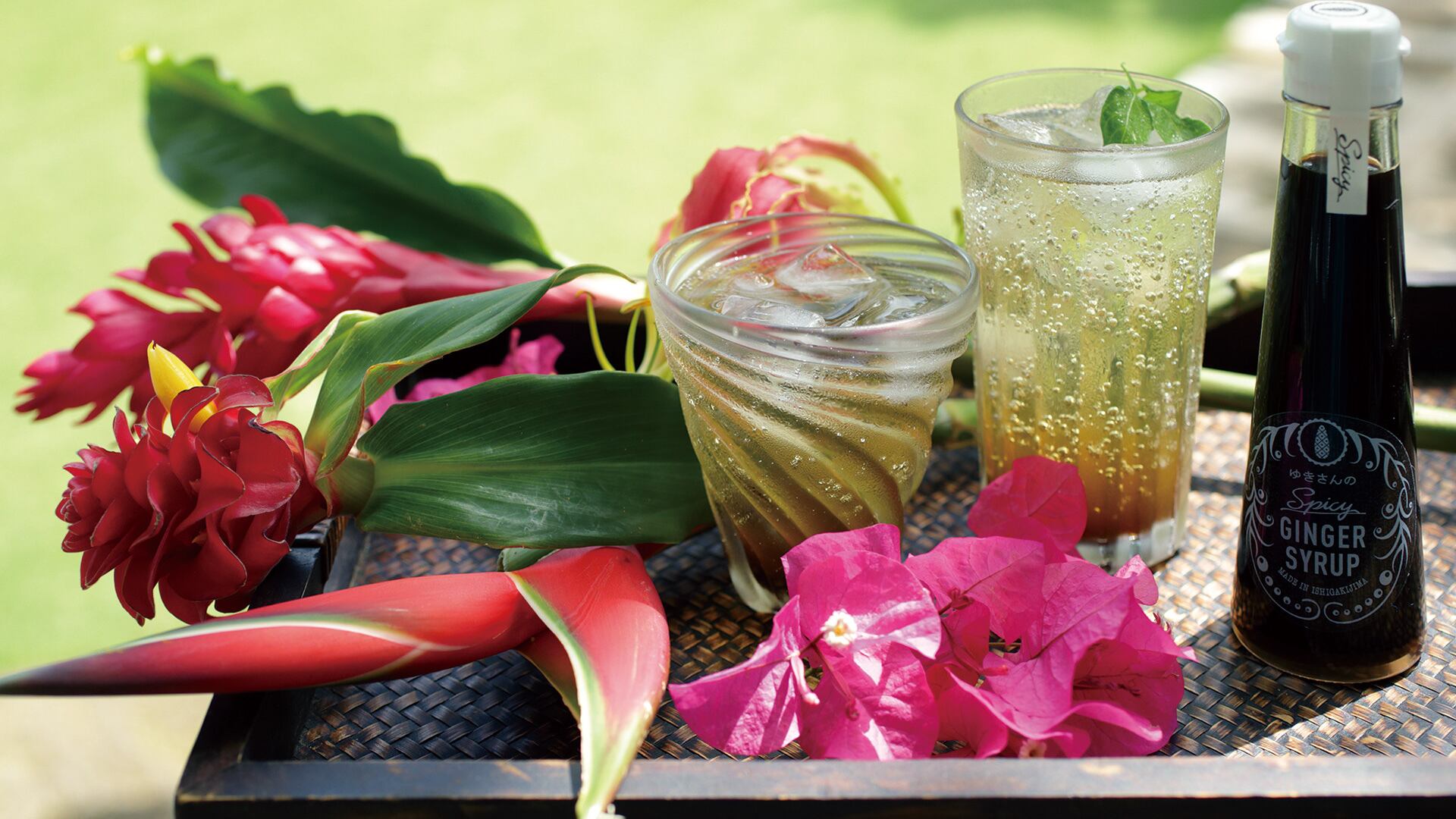
Ginger syrup taps food-as-medicine trend to expand Europe, Asia appeal
An Okinawa-based ginger syrup firm is expanding into Europe and Asia, betting on rising demand for traditional food-as-medicine solutions linked to health and beauty
News & Analysis on Food & Beverage Development & Technology

An Okinawa-based ginger syrup firm is expanding into Europe and Asia, betting on rising demand for traditional food-as-medicine solutions linked to health and beauty
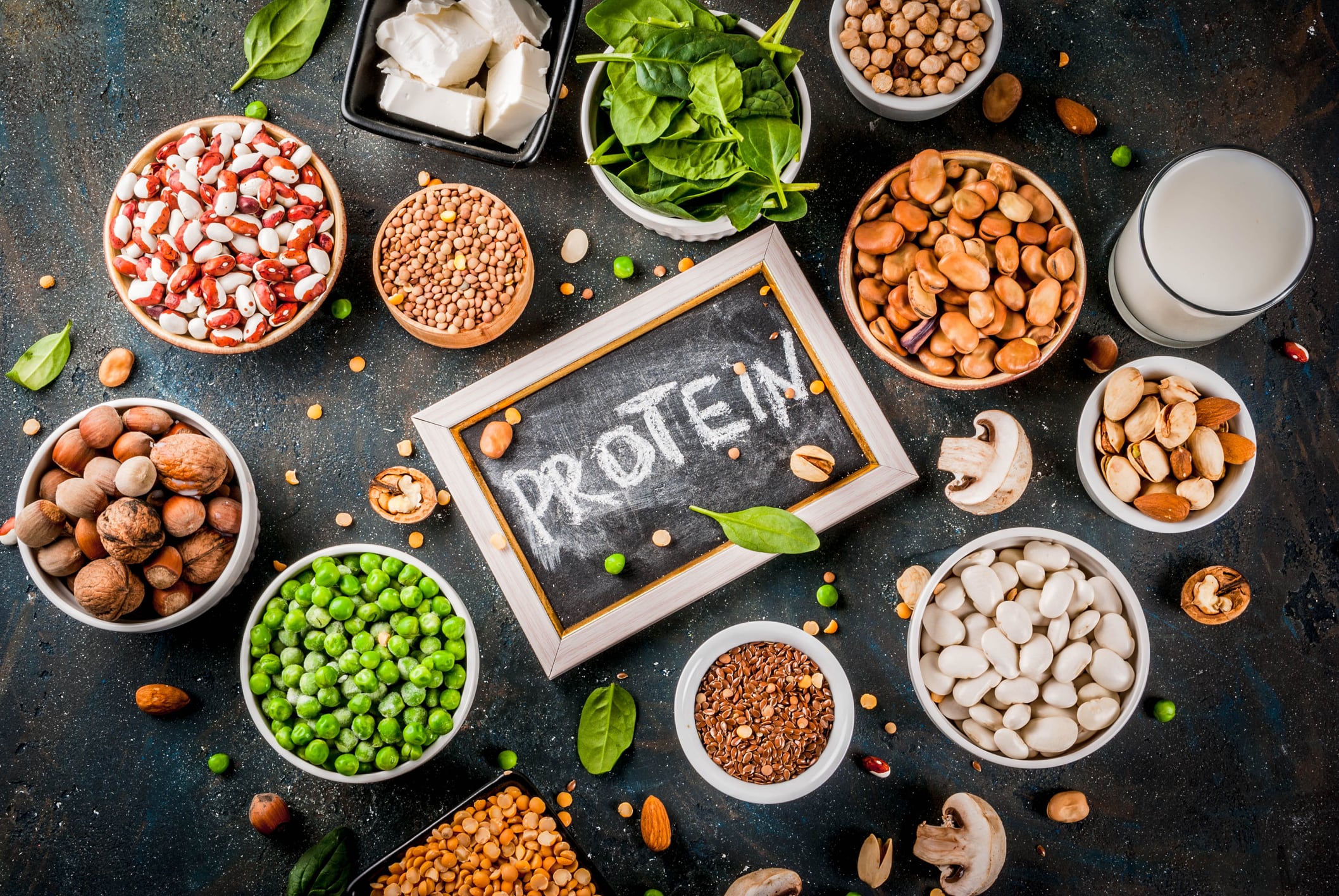
From mung bean snacks to microalgae desserts, familiar and healthier formats are emerging as key levers to help alternative protein firms scale
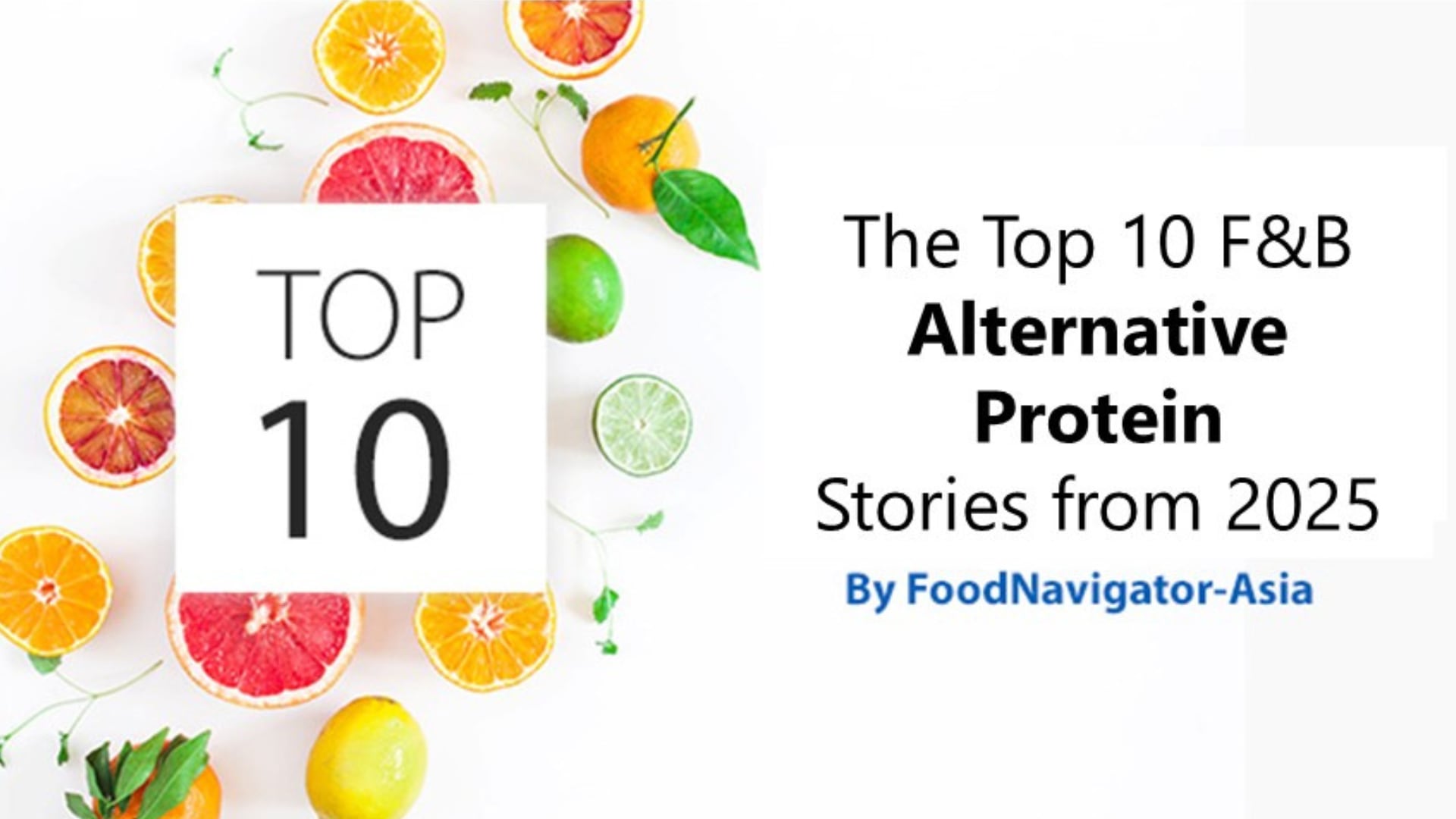
We reveal the top 10 most popular alt protein stories from this year, from leaf-powered protein to cultivated seafood and more
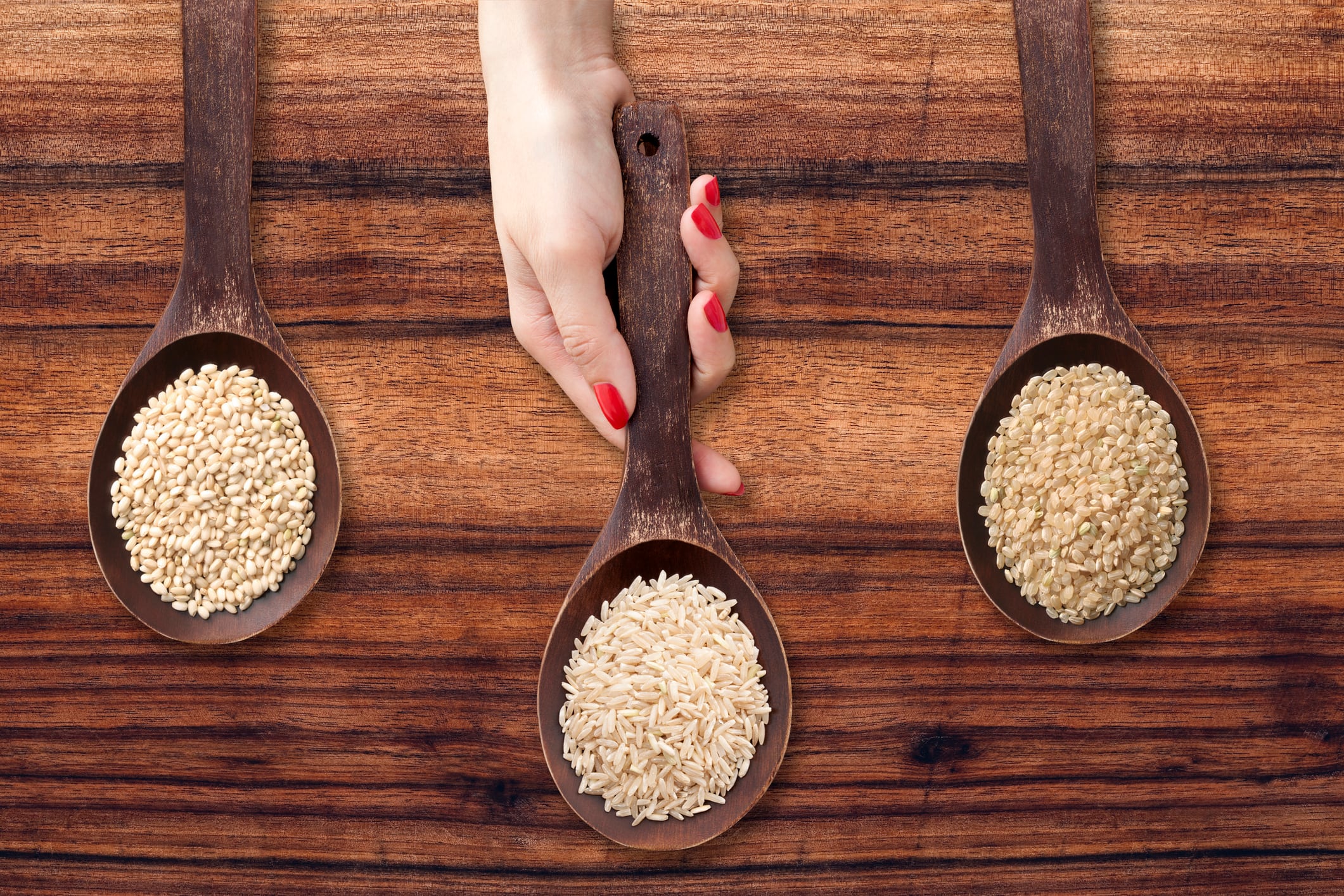
Natural, whole and ancient grains boast strong nutritional benefits and minimal processing
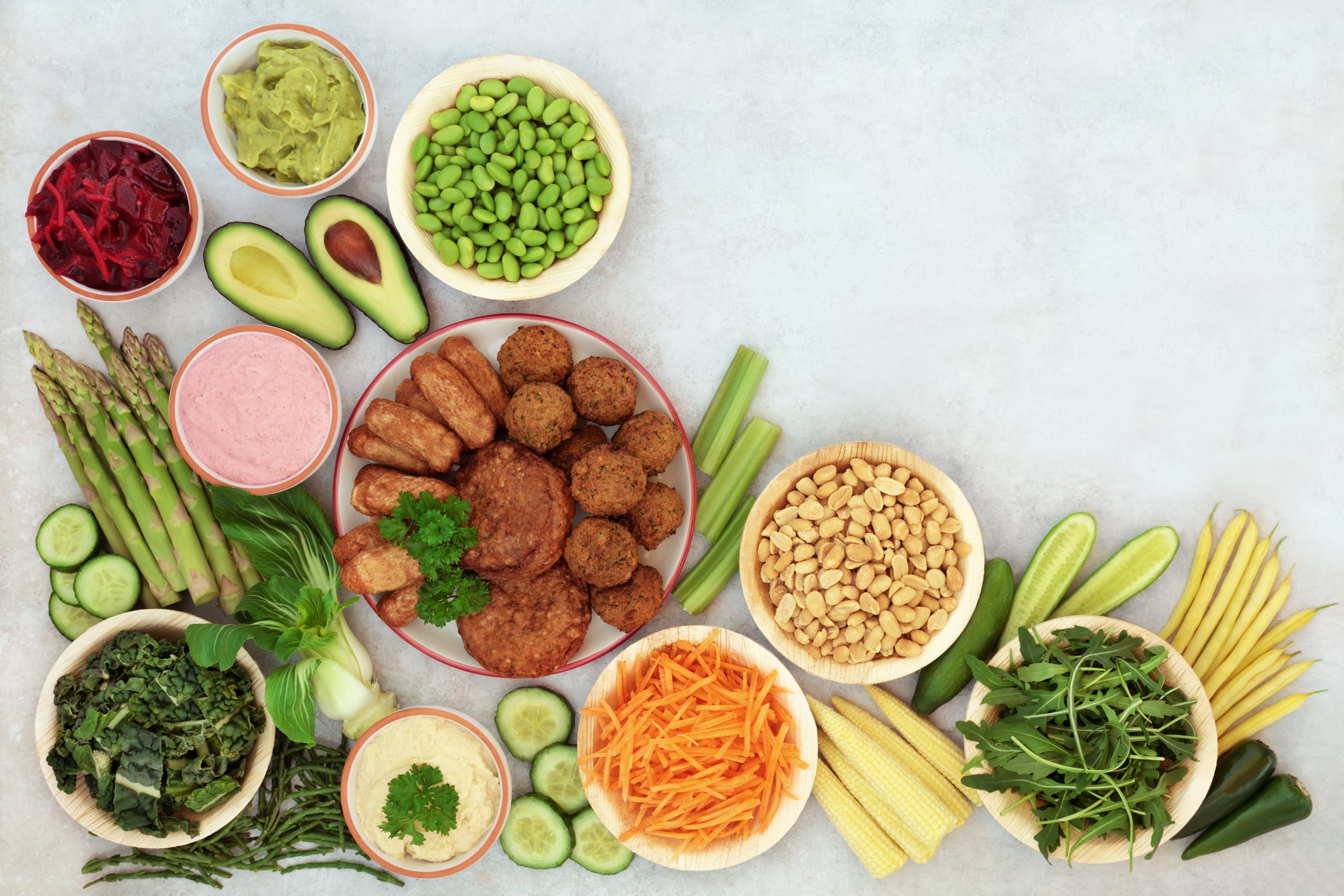
Why is Asia so slow to embrace alternative proteins despite its great protein needs? A new report uncovers the main roadblocks and drivers to overcome these

Hybrid meat and dairy strategies are evolving in four key ways
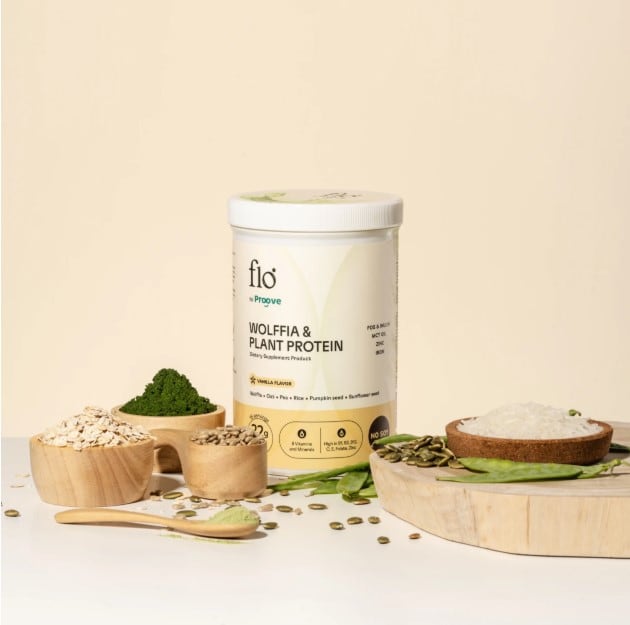
Thai brand Flo turns local superfood wolffia into protein drinks and flavour enhancers, tapping global demand for convenient, healthy foods

From Modi’s anti-obesity campaign to regulatory news and start-up innovations, we feature the top 10 most-read India stories from the past year
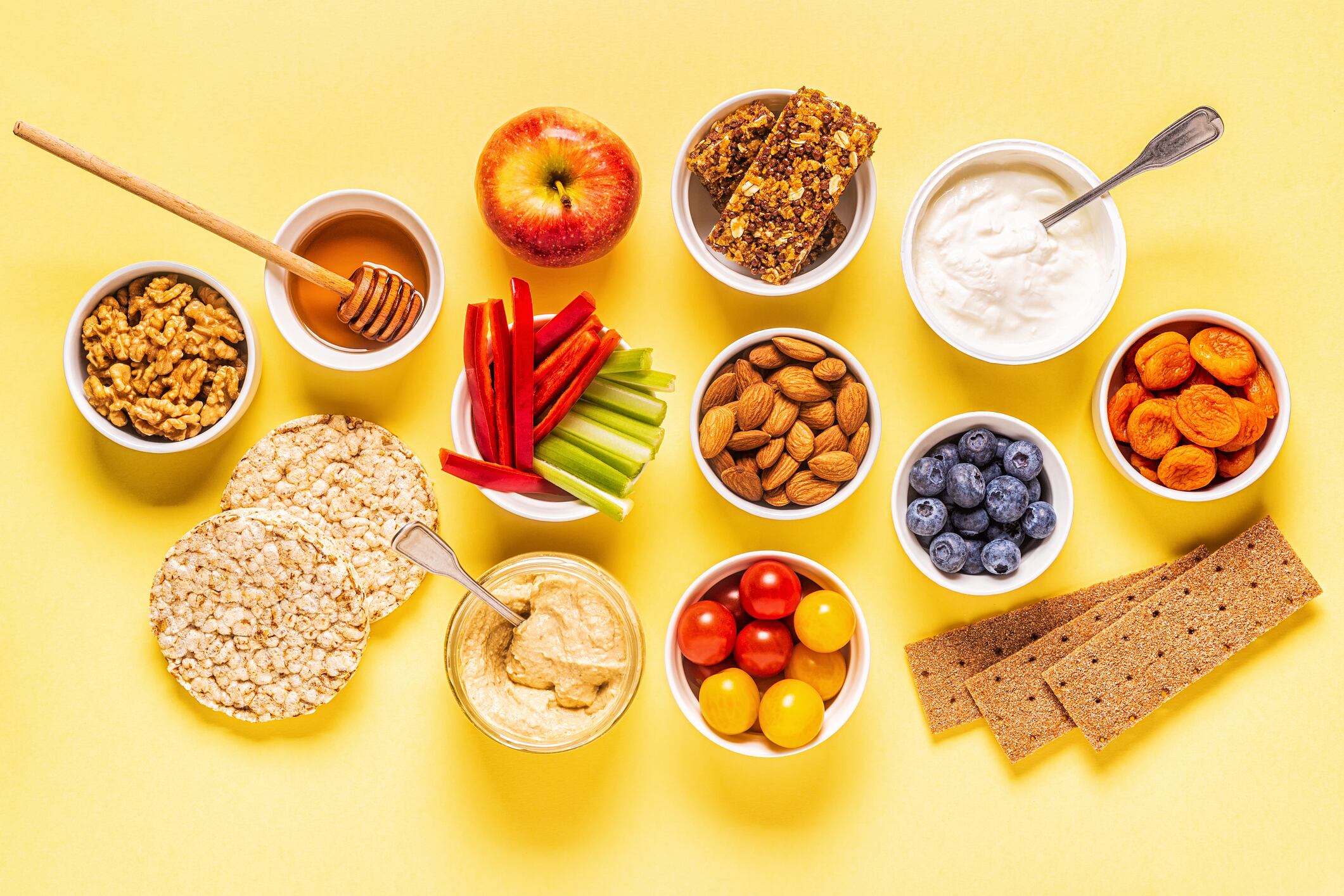
Sentimentality and health are increasingly influencing consumer snack choices, as they seek comfort, tradition and emotional connection in their purchases
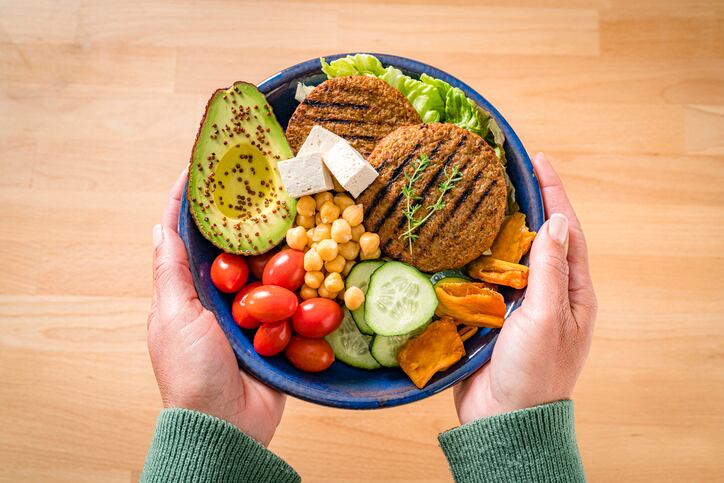
The new grant, powered by the Bezos Earth Fund and the Singapore government, aims to advance the development of Sustainable Protein in the region, supporting innovators to accelerate their products’ to-market entry

Protein Industries Canada (PIC) and Singapore’s Nurasa are working to grow Canadian plant-based exports in APAC to diversify trade beyond the United States
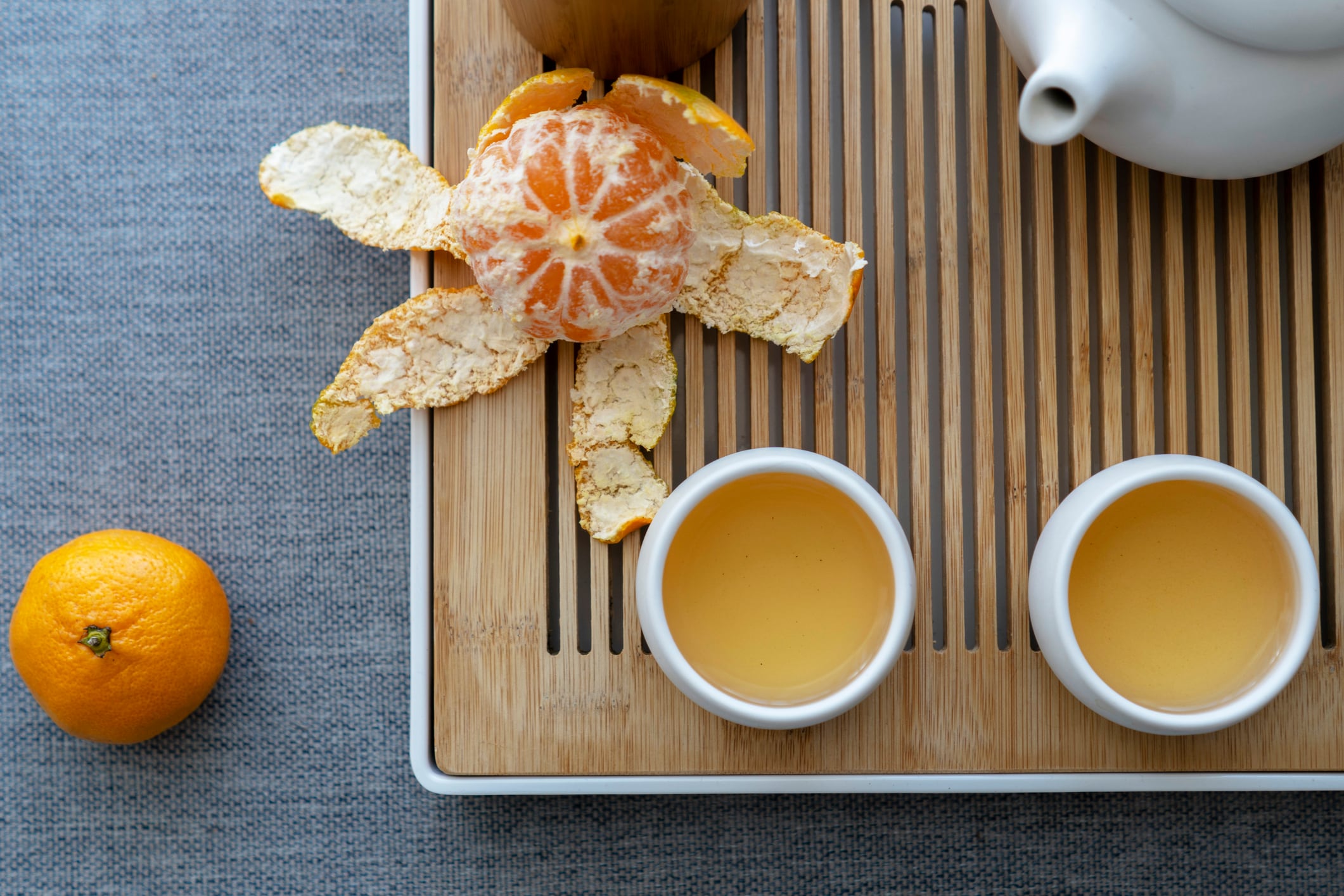
Korean ingredients firm Suchang is expanding its citrus-based business into Japan, developing mandarin peel products to tap rising wellness demand
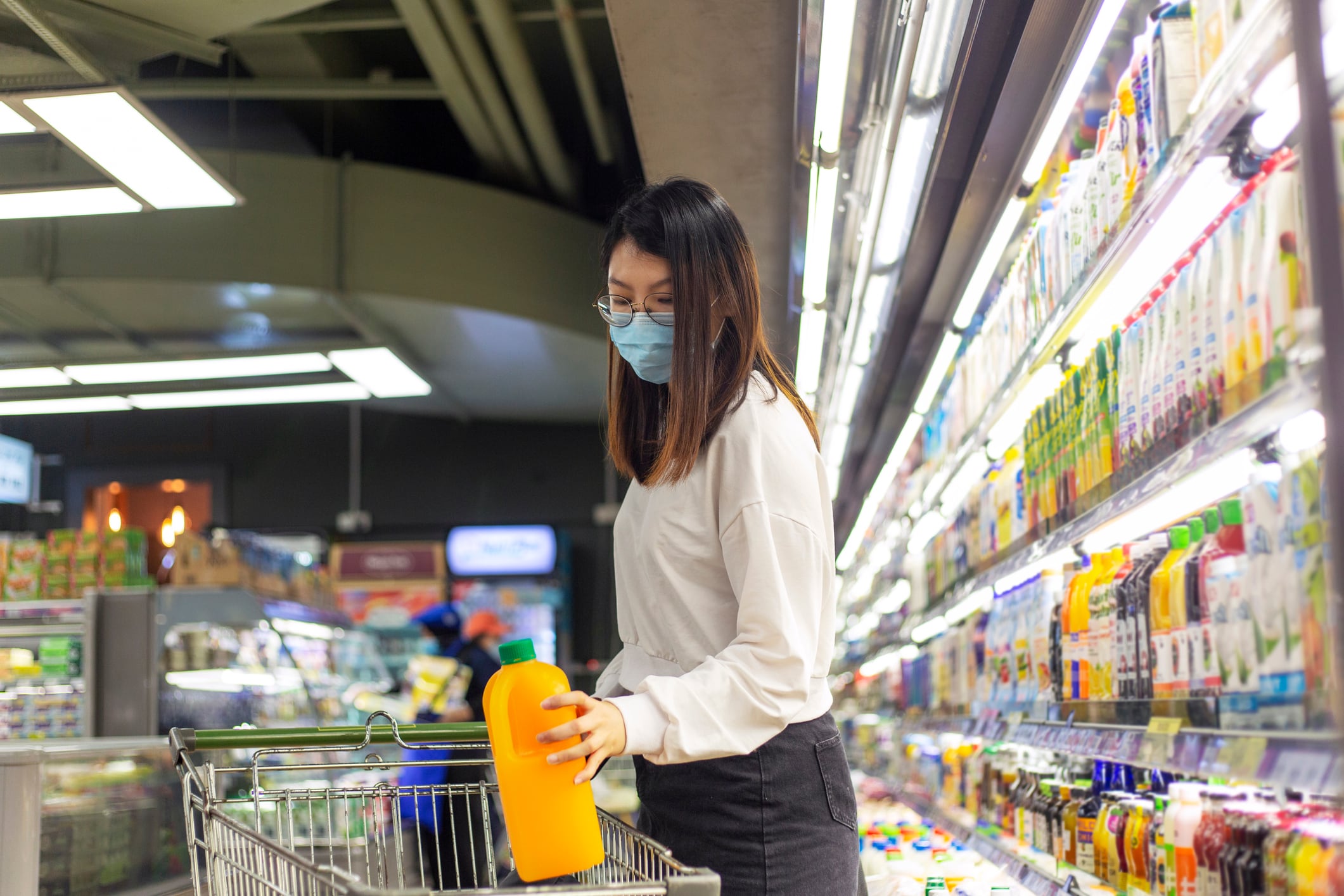
Here are our top 10 packaging stories featuring thermal strips on wine bottles, regulatory updates, sustainability challenges, and more

Longevity is redefining consumer behaviour. Here are the top five nutrition trends every food and beverage brand needs to know
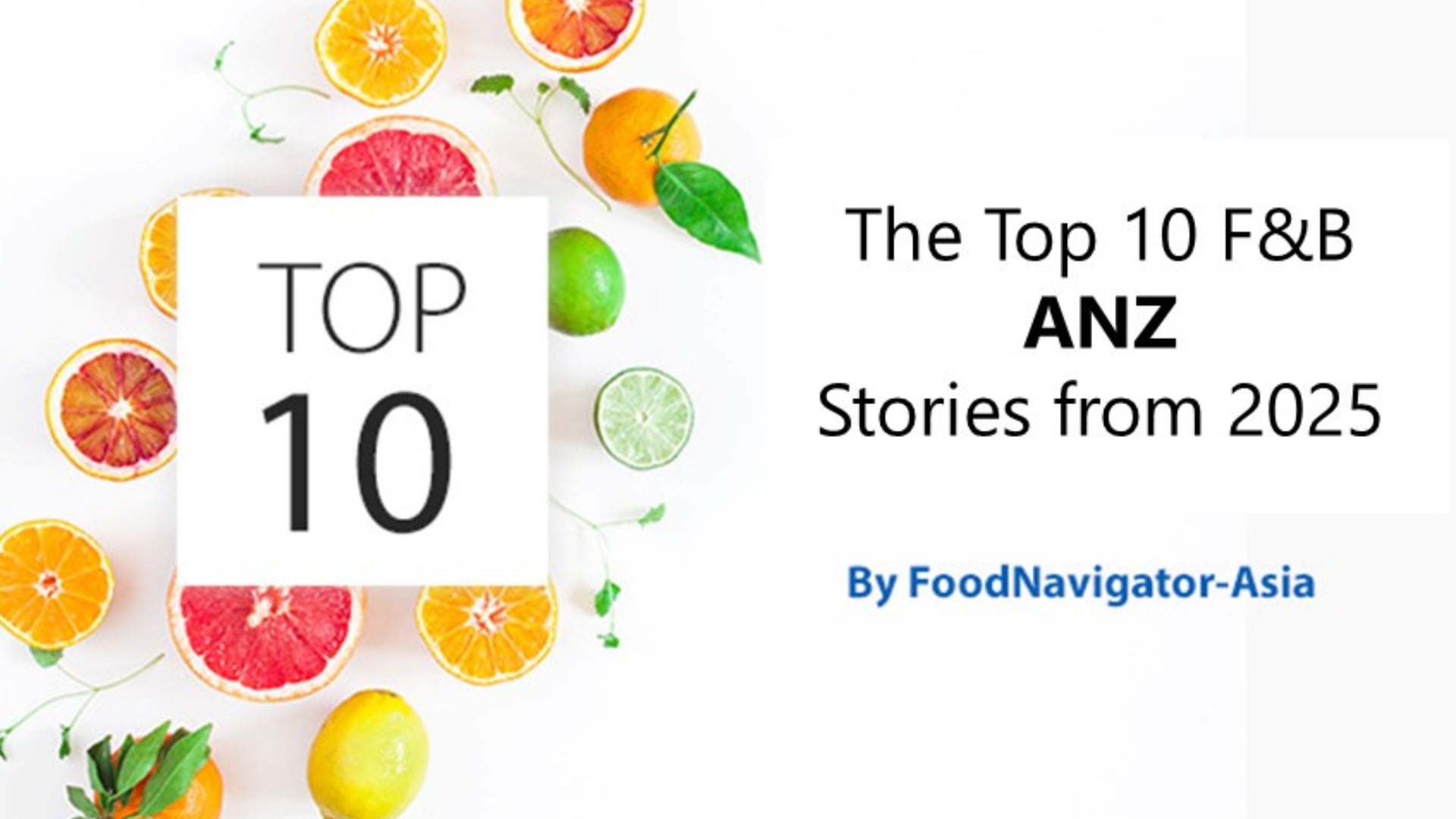
Here are our top 10 ANZ stories this year, with a spotlight on healthier and sustainable innovations, alternative proteins, regulatory updates, and more
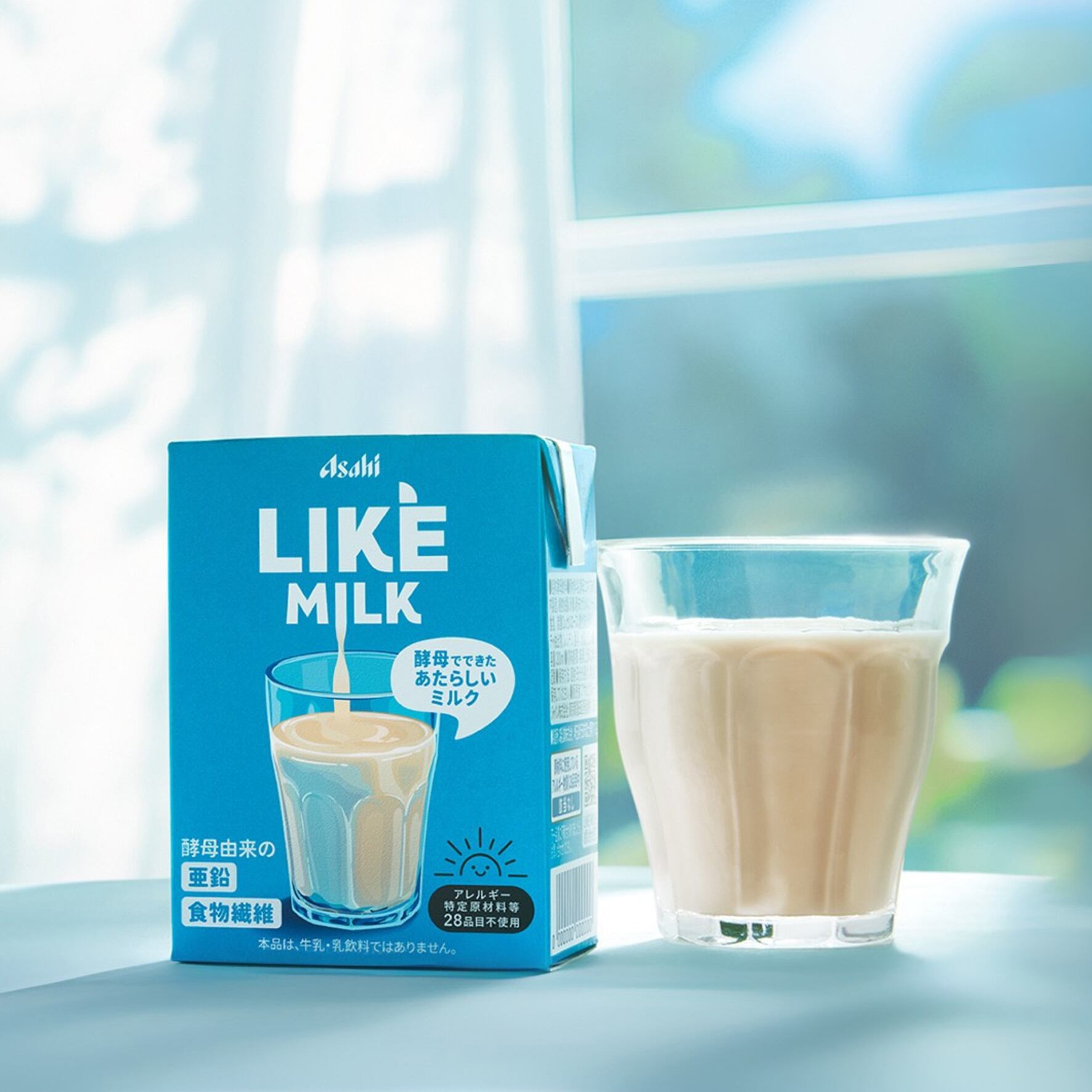
The maker of Asahi Super Dry released a unique plant-based drink – and took the Japanese market by storm
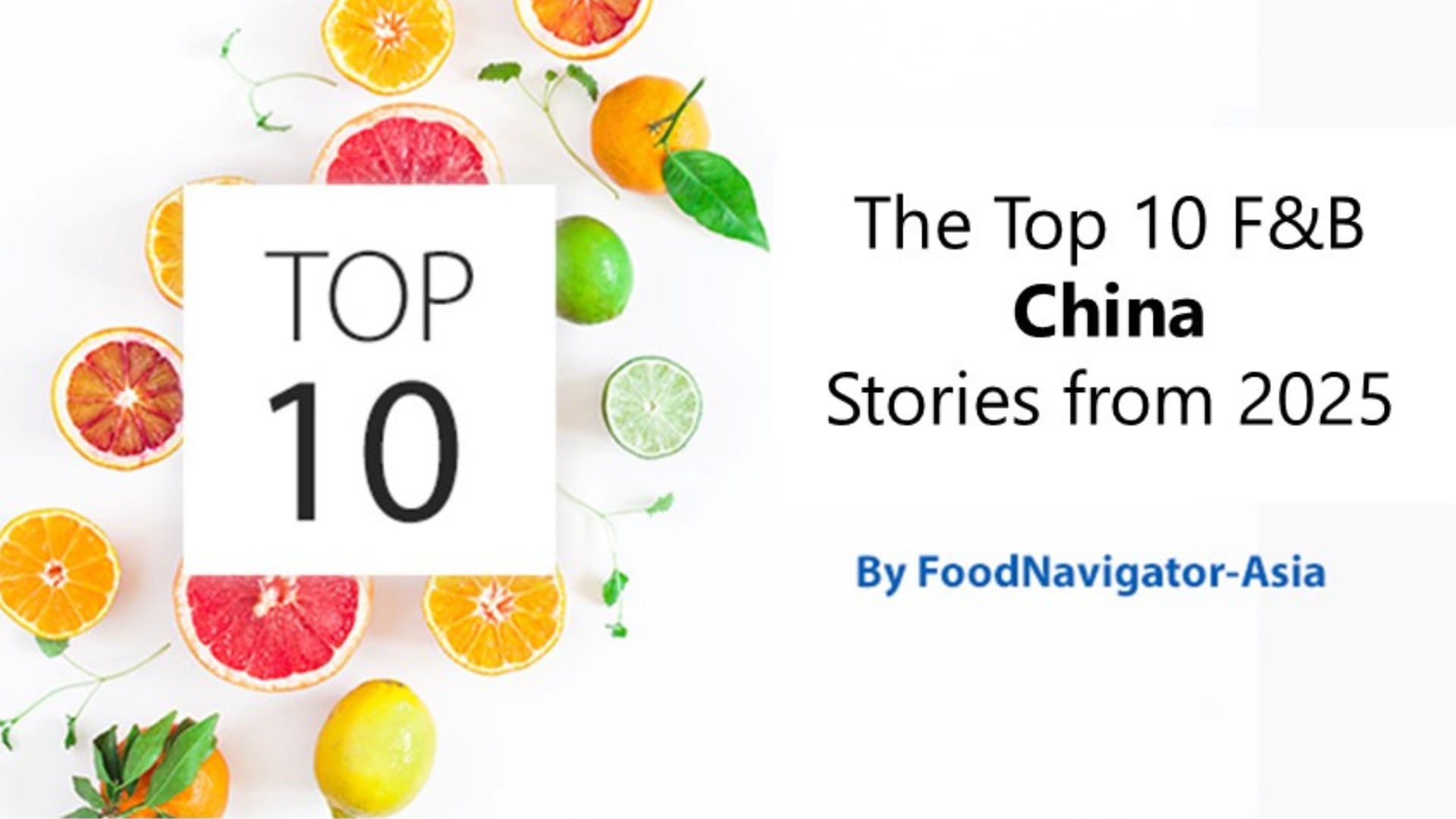
We highlight our top 10 most-read China stories from 2025, covering policy shifts, product innovation, and changing consumer demands
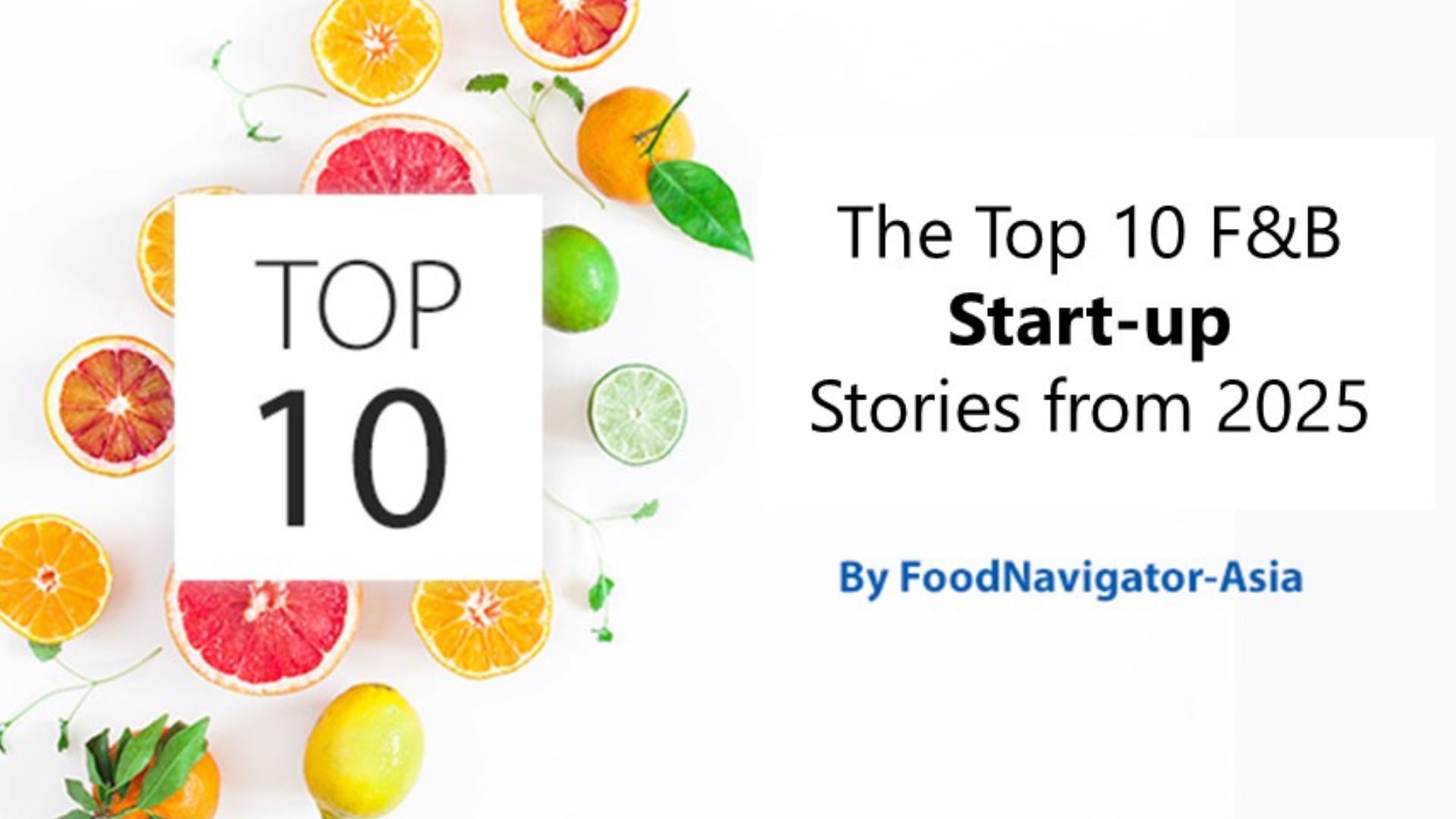
Here are our top 10 start-up stories of 2025, spanning innovations from mood-boosting candies and bean-free coffee to cultivated seafood and novel protein ingredients

We take a look at five of the most crucial APAC food & beverage trends redefining the industry in 2026, from localisation and AI driven-growth to new innovation directions

Singapore-based Mottainai has created a brownie-flavoured lager in its journey towards upcycled products for wider commercial use
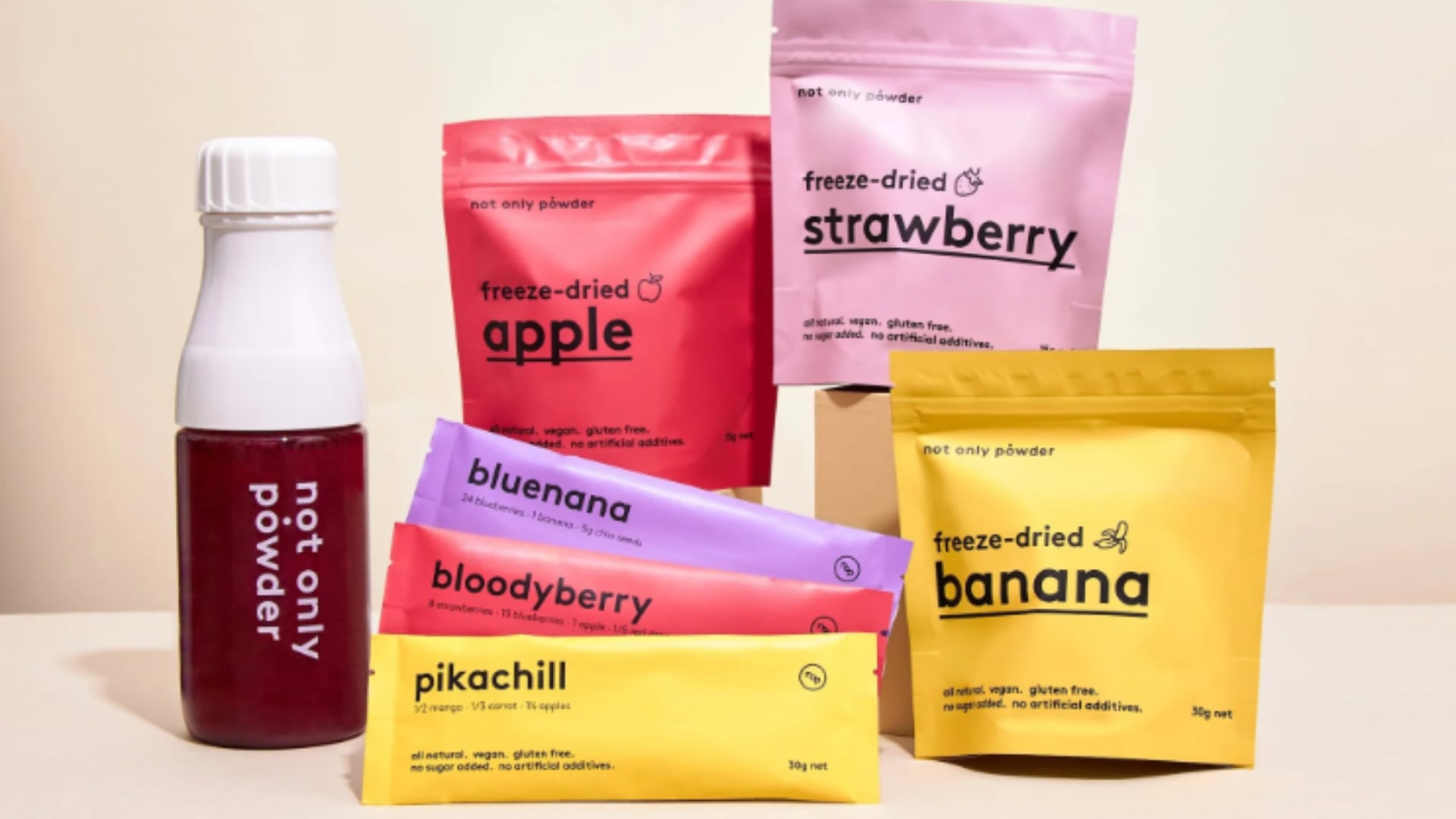
Hong Kong-based not only powder (nop) upcycles unwanted fruit into snacks, supplements and personal care products using freeze-drying and a social co-creation model
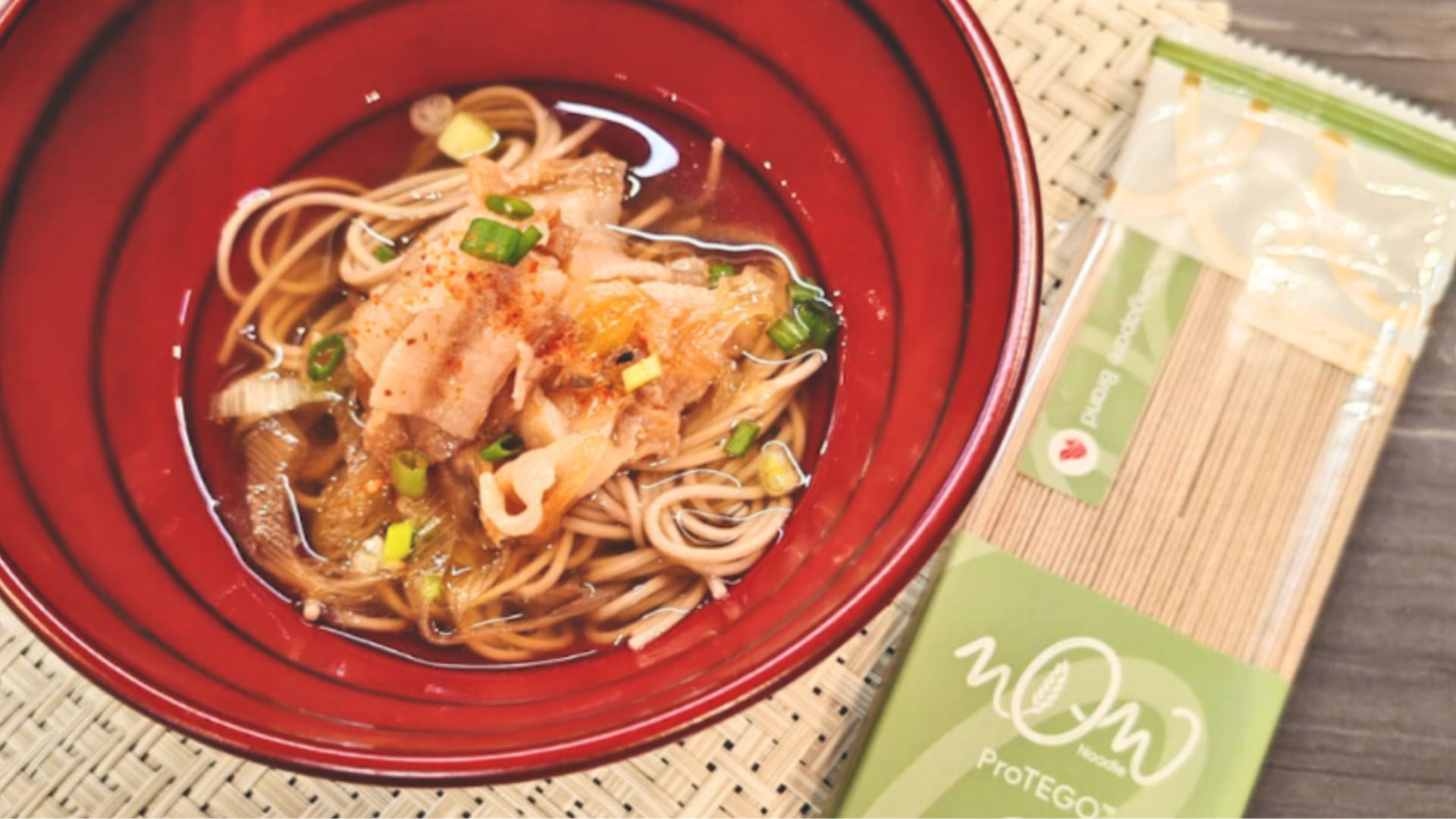
KosmodeHealth has turned peanut and sweet potato byproducts into low-GI noodles designed to deliver energy without sugar spikes
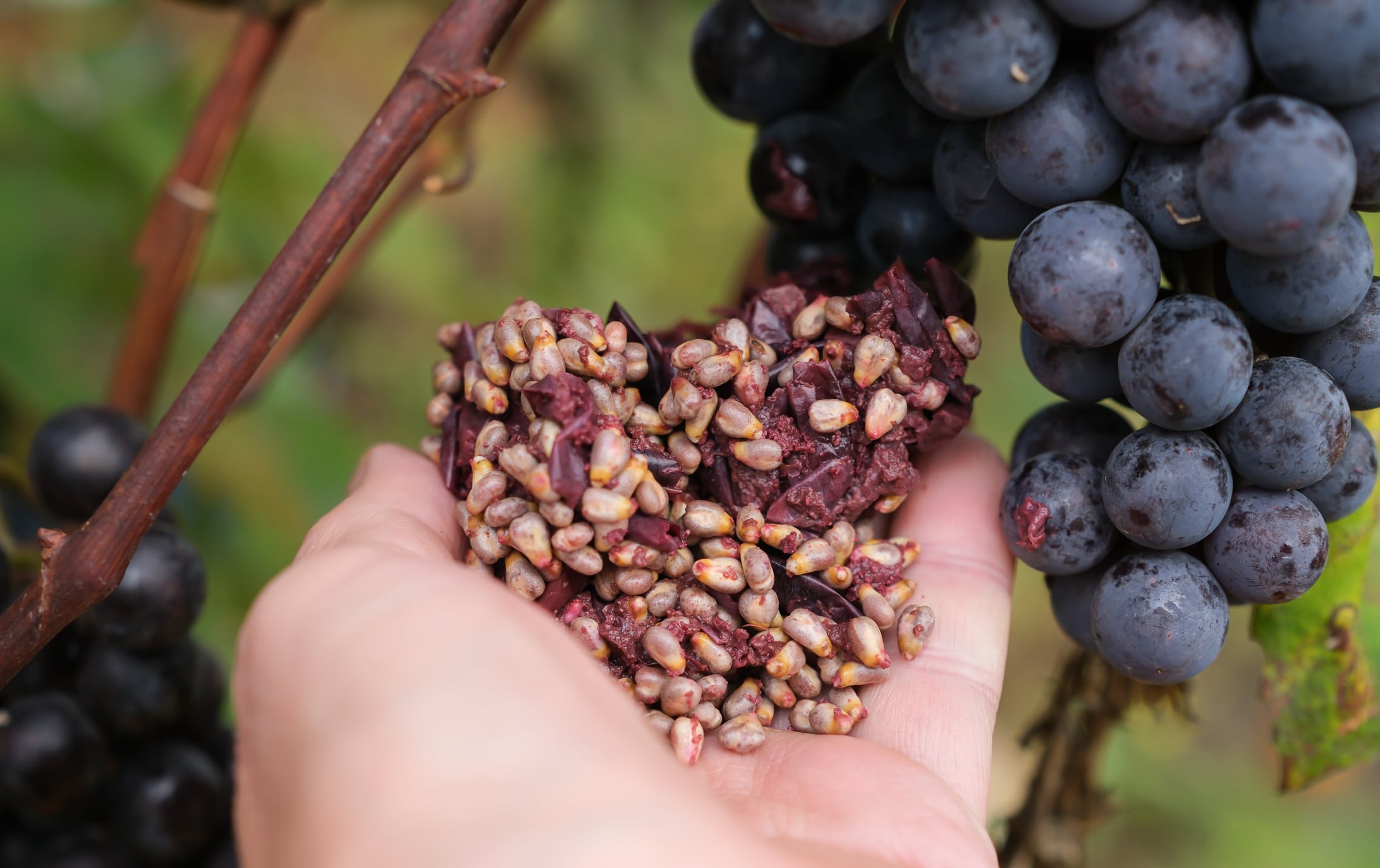
Research from China has found upcycled grape pomace from winemaking can add antioxidants, fibre, colour and texture to foods, offering health and sustainability benefits

The next wave of food tech is boosting production through innovation, efficiency and lessons from the past. Explore 3 key technologies – and pitfalls to avoid
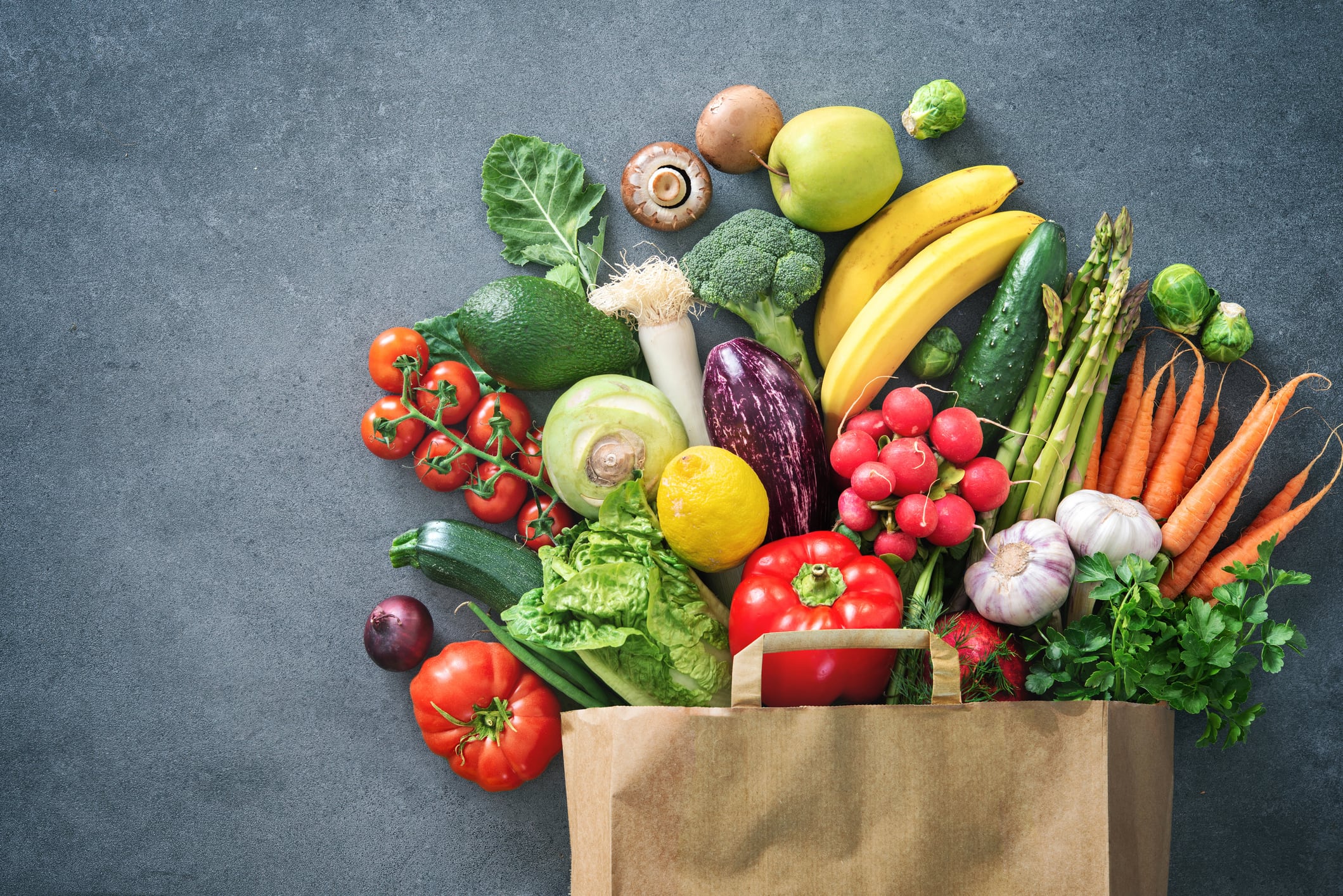
Most Japanese adults are not meeting recommended fruit and vegetable needs, and new data indicates this issue will worsen in the long-term without intervention

Australian startup Heartful Flavours launches three salt-free Asian seasonings made from whole plant foods, complementing its heart-healthy meal packs
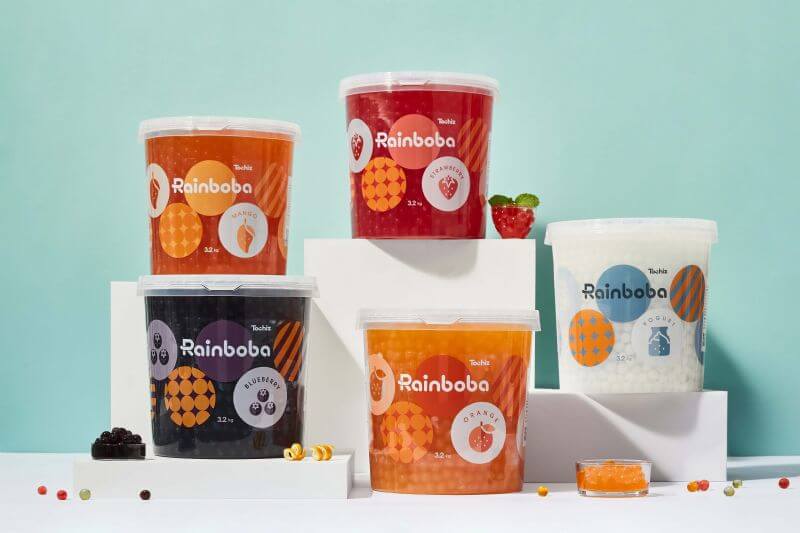
Kaohsiung Food Show 2025
Taiwan’s Tachiz is reimagining the world-famous boba – from fruity to savoury fillings – to deliver indulgent yet healthier options for food and drink makers
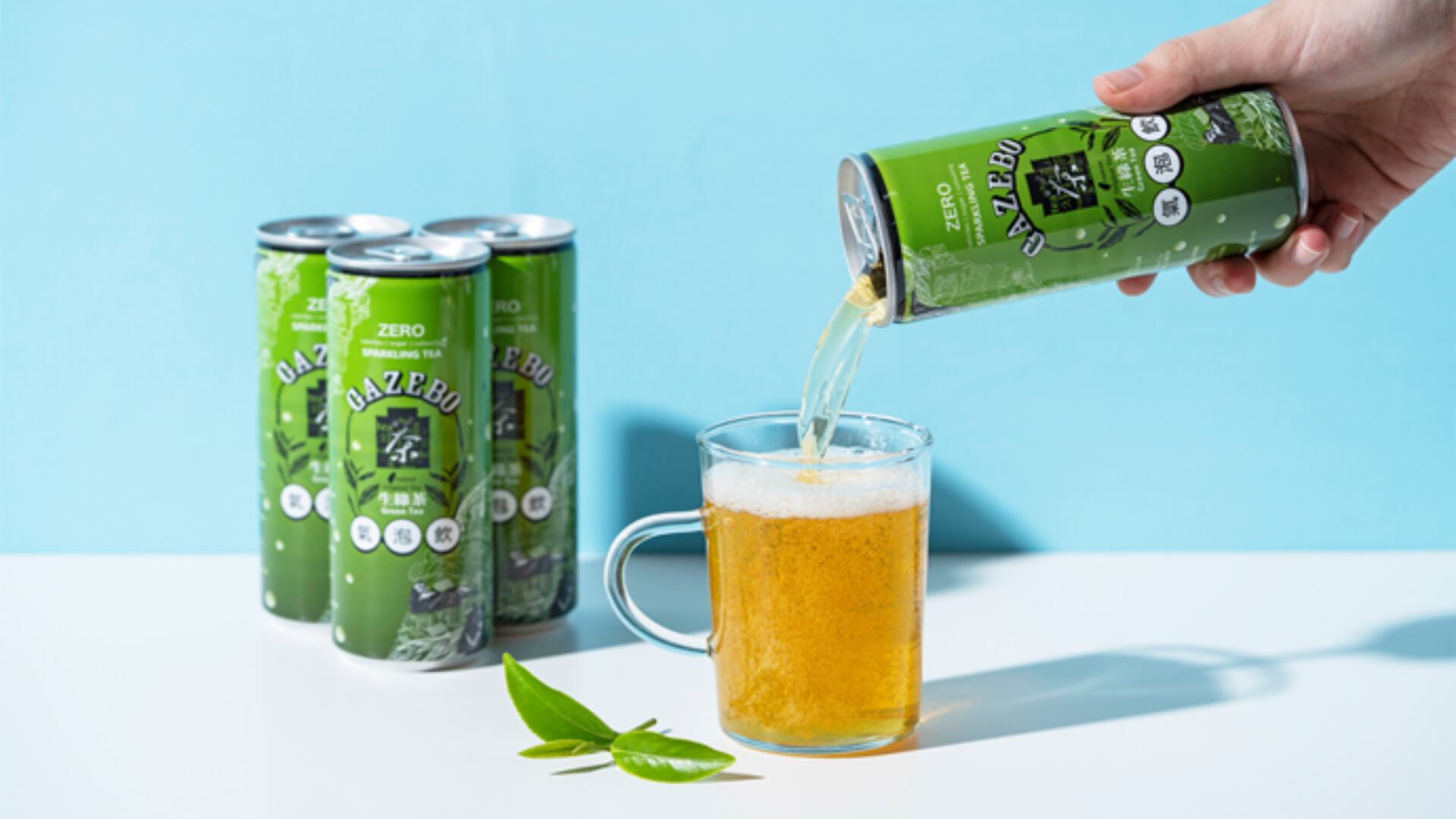
Kaohsiung Food Show 2025
Kaohsiung-based tea firm reimagines green tea into a fizzy beverage as health-conscious consumers seek weight-friendly and zero-alcohol options

As sustainable ingredients gain traction, we explore the trends driving their development
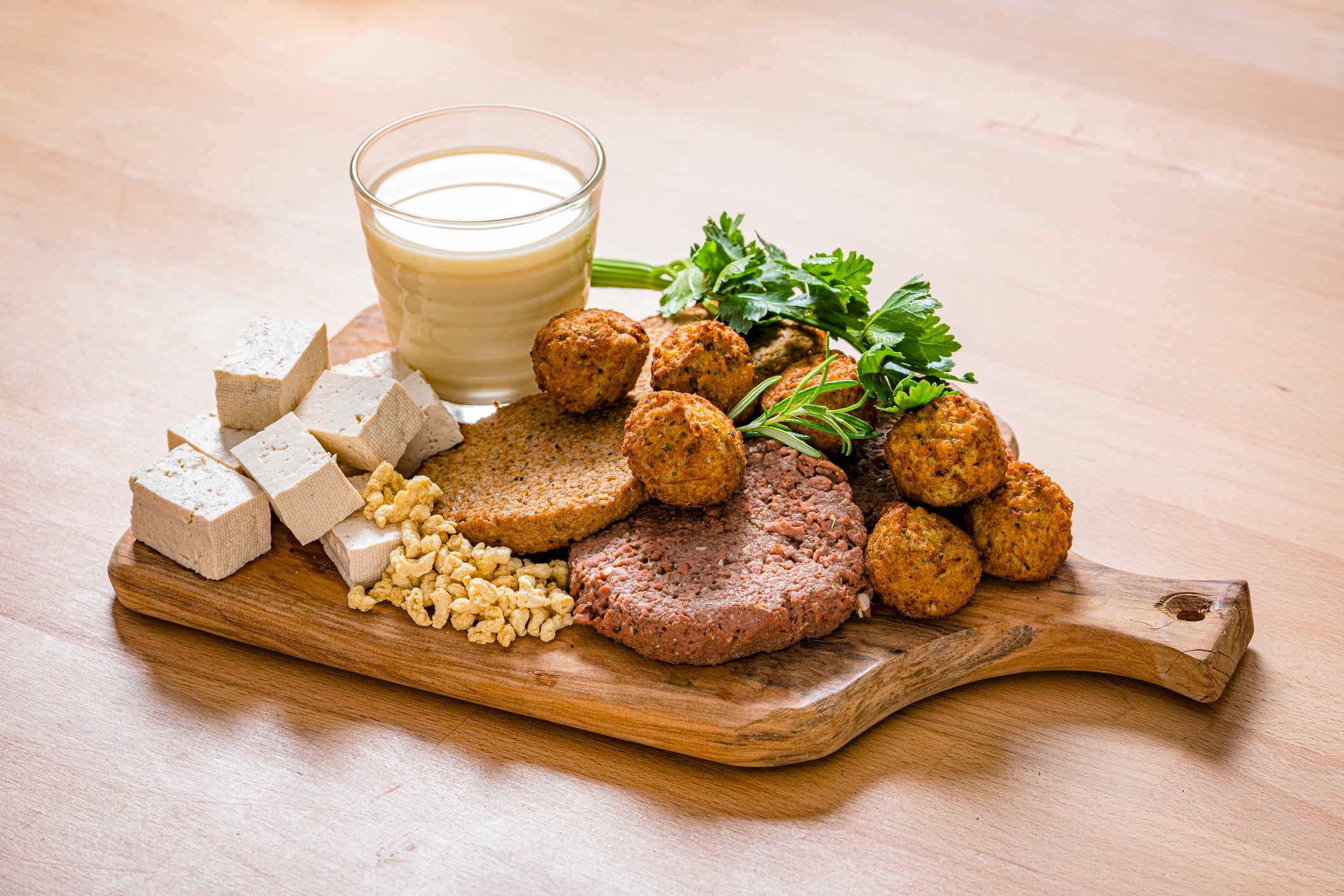
We explore four key strategies to increase the appeal of alternative proteins

Thai food giant CP Foods has developed a dedicated platform to support consumers making healthier food choices towards preventative healthcare
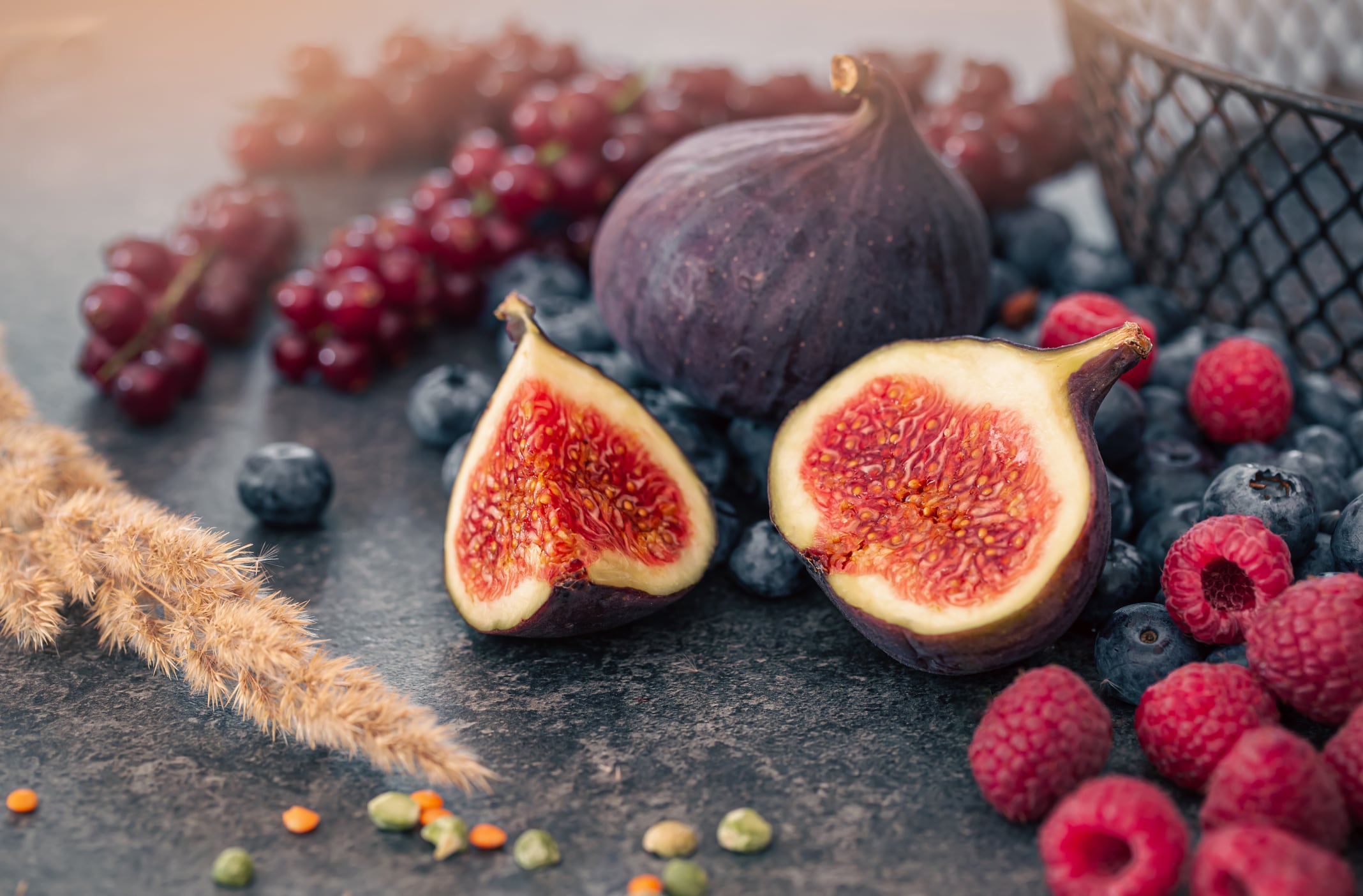
Japan’s Functional Food Creation Research Institute prioritises health benefits over clean-label claims with its fermented 75-botanical plant extract
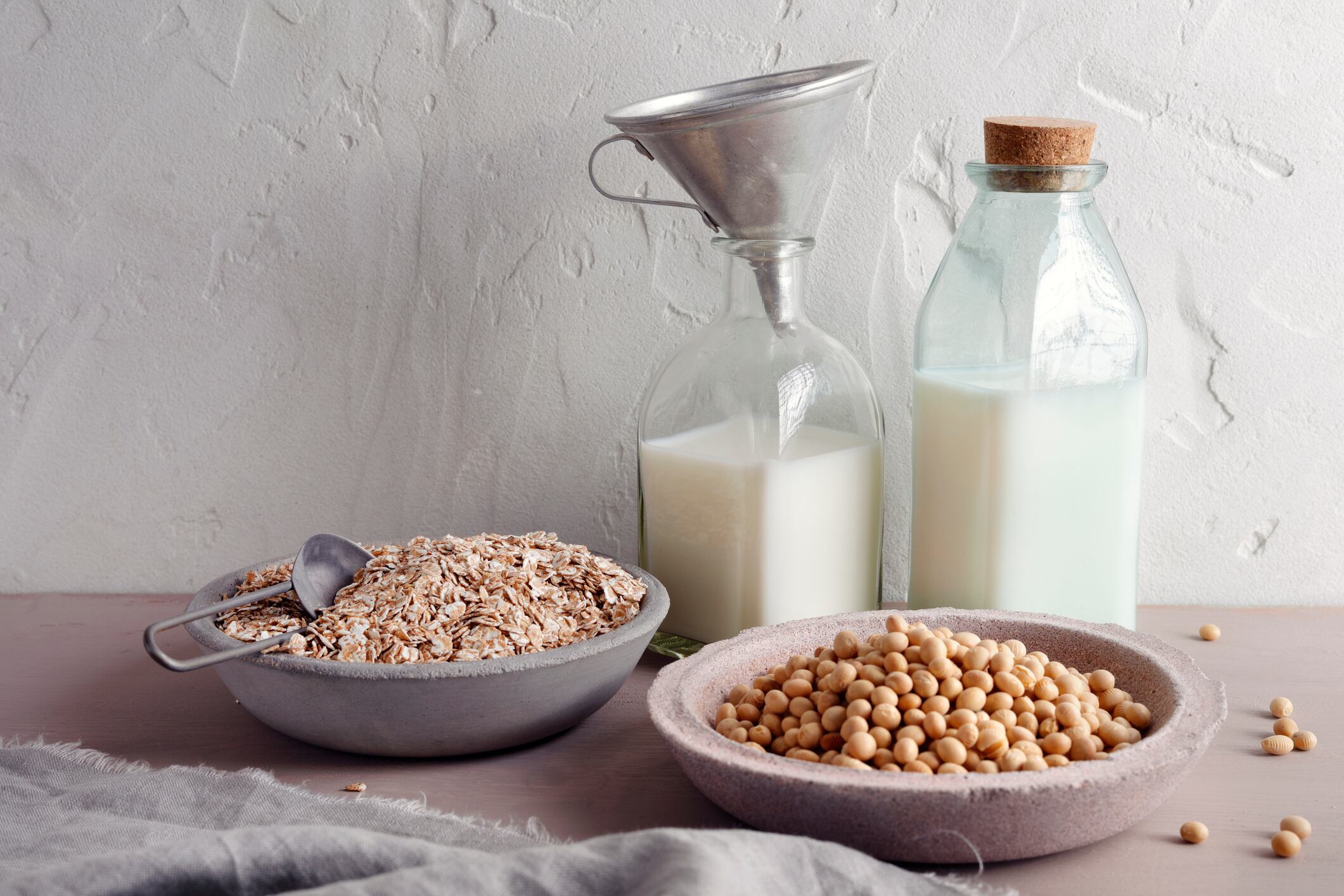
Barista oat drinks, fibre-rich soy, and functional carton formats are some of the ways to support healthier, convenient, and sustainable product launches
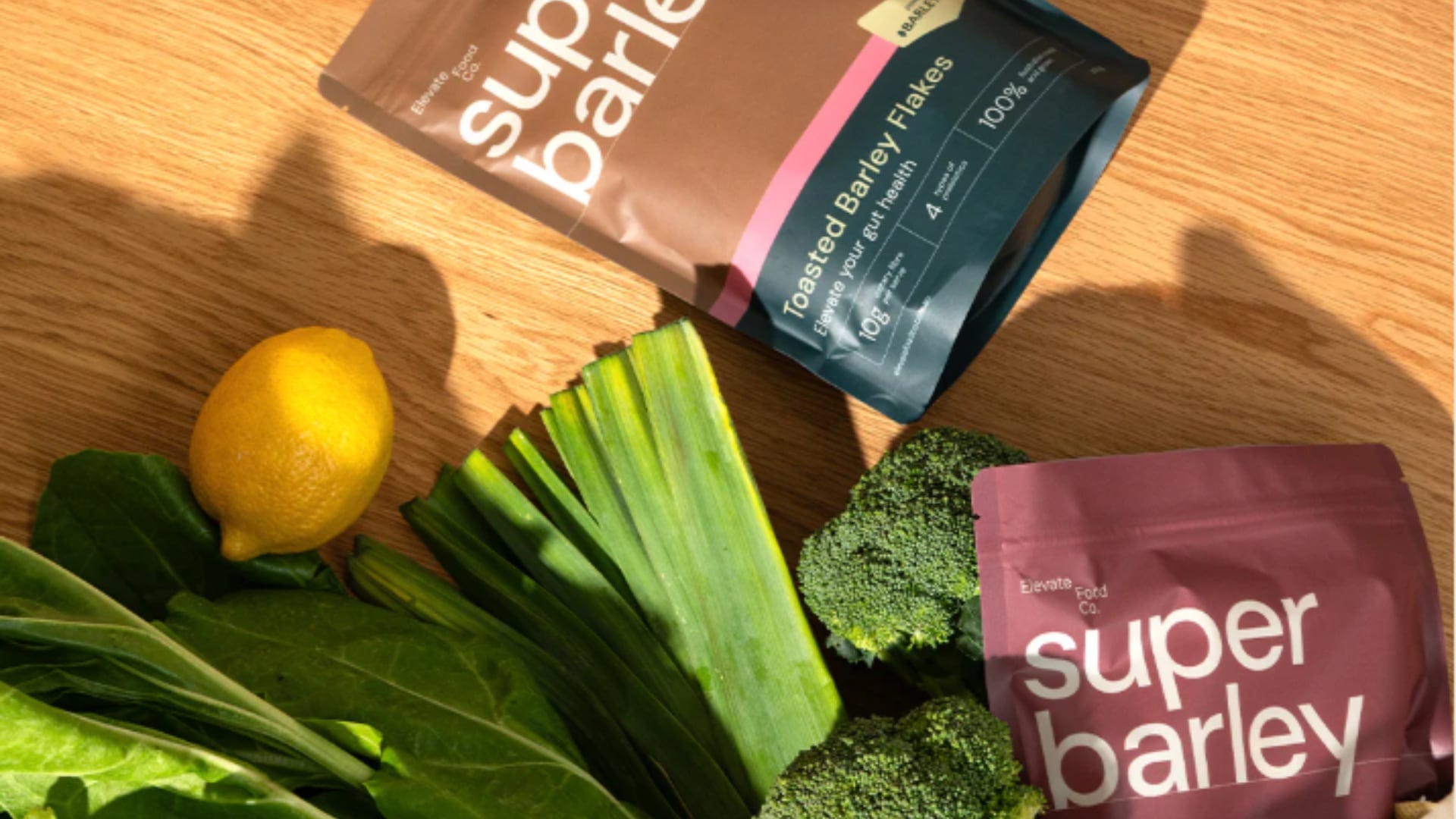
Award-winning gut-friendly supergrain BARLEYMAX eyes growth in elderly nutrition, infant formula, and high-fibre bakery products
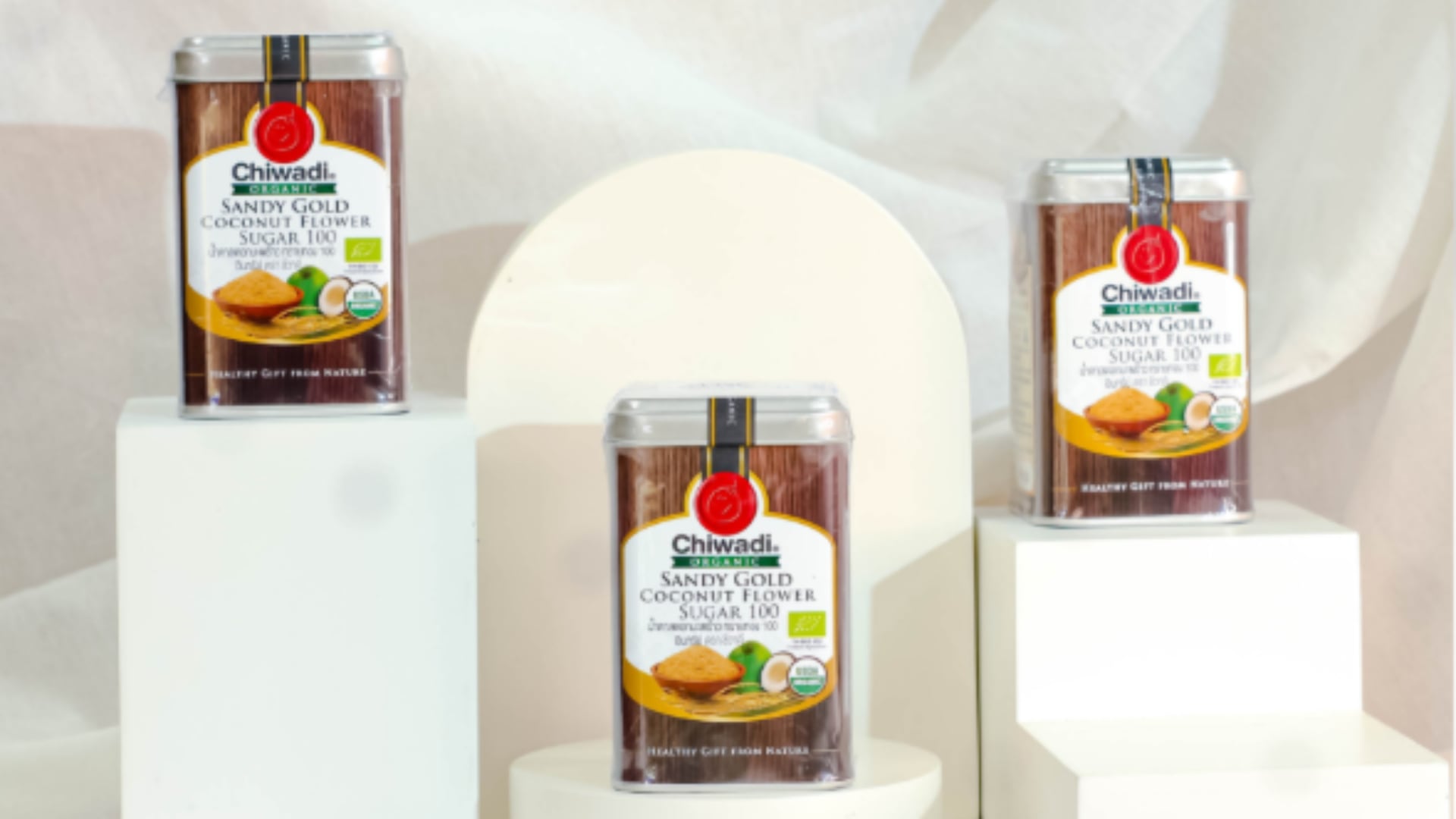
Thailand’s Chiwadi taps demand for clean label functional foods in markets new to coconut nectar, with focus on Asia and the UAE
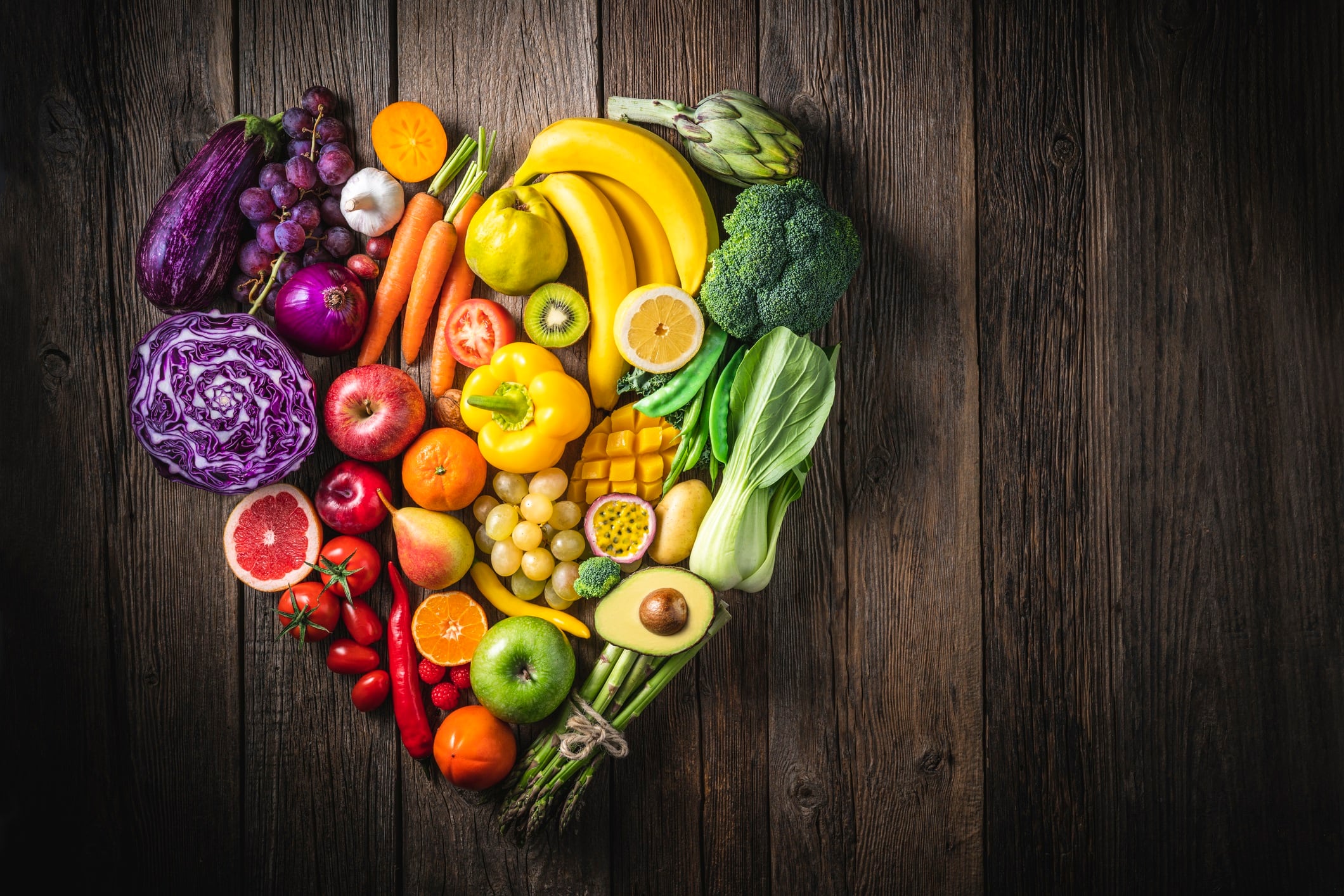
Fi Asia 2025
The clean label movement is driving fresh ways to use fruits and vegetables in food manufacturing and product innovation

Fi Asia 2025
At Fi Asia 2025 in Bangkok, four functional ingredients stood out as APAC consumers seek sustainable, traditional foods to support healthy lifestyles
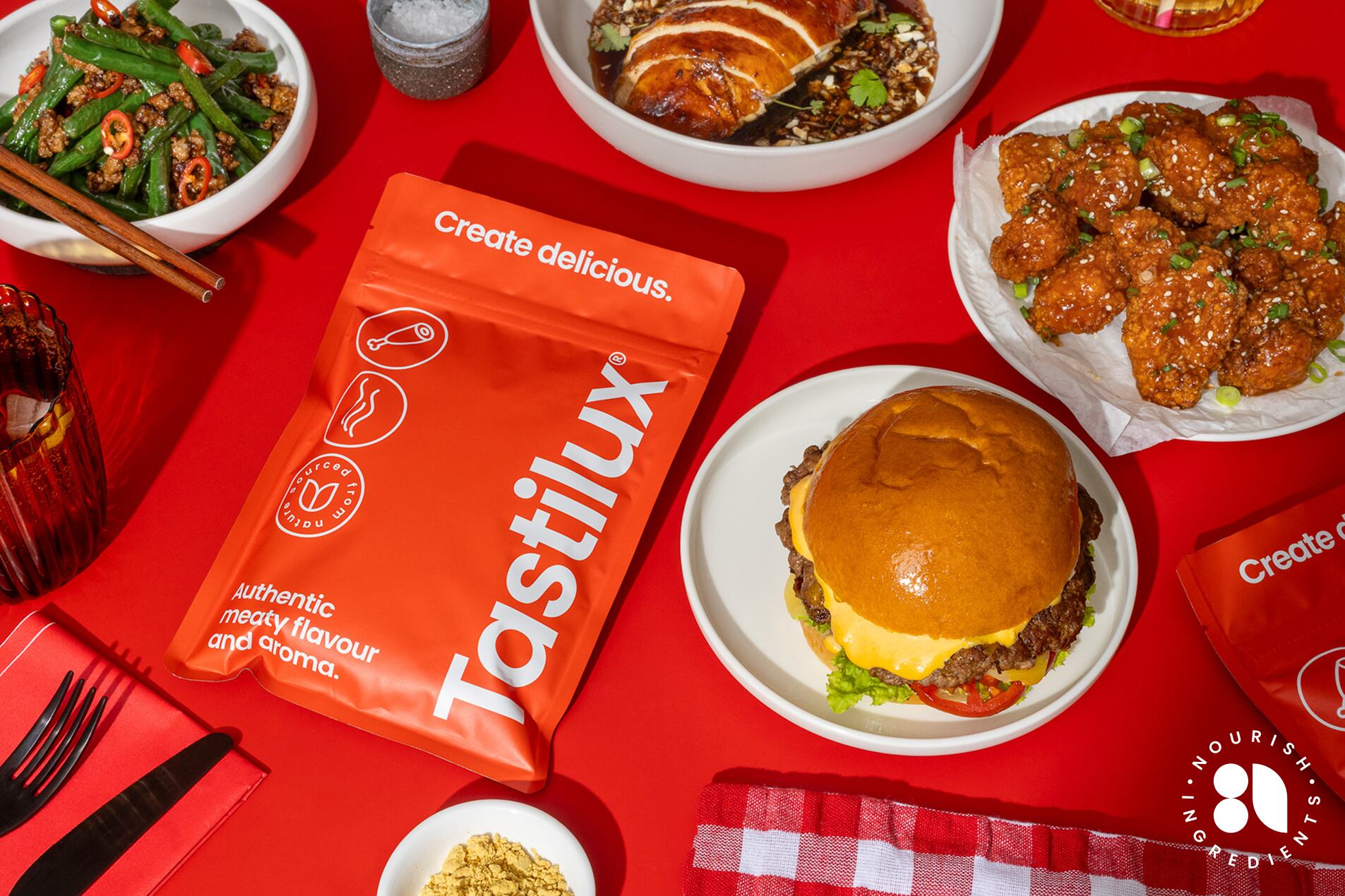
Aussie-based Nourish Ingredients focuses on global rollout for plant-based and hybrid protein categories after FEMA GRAS approval
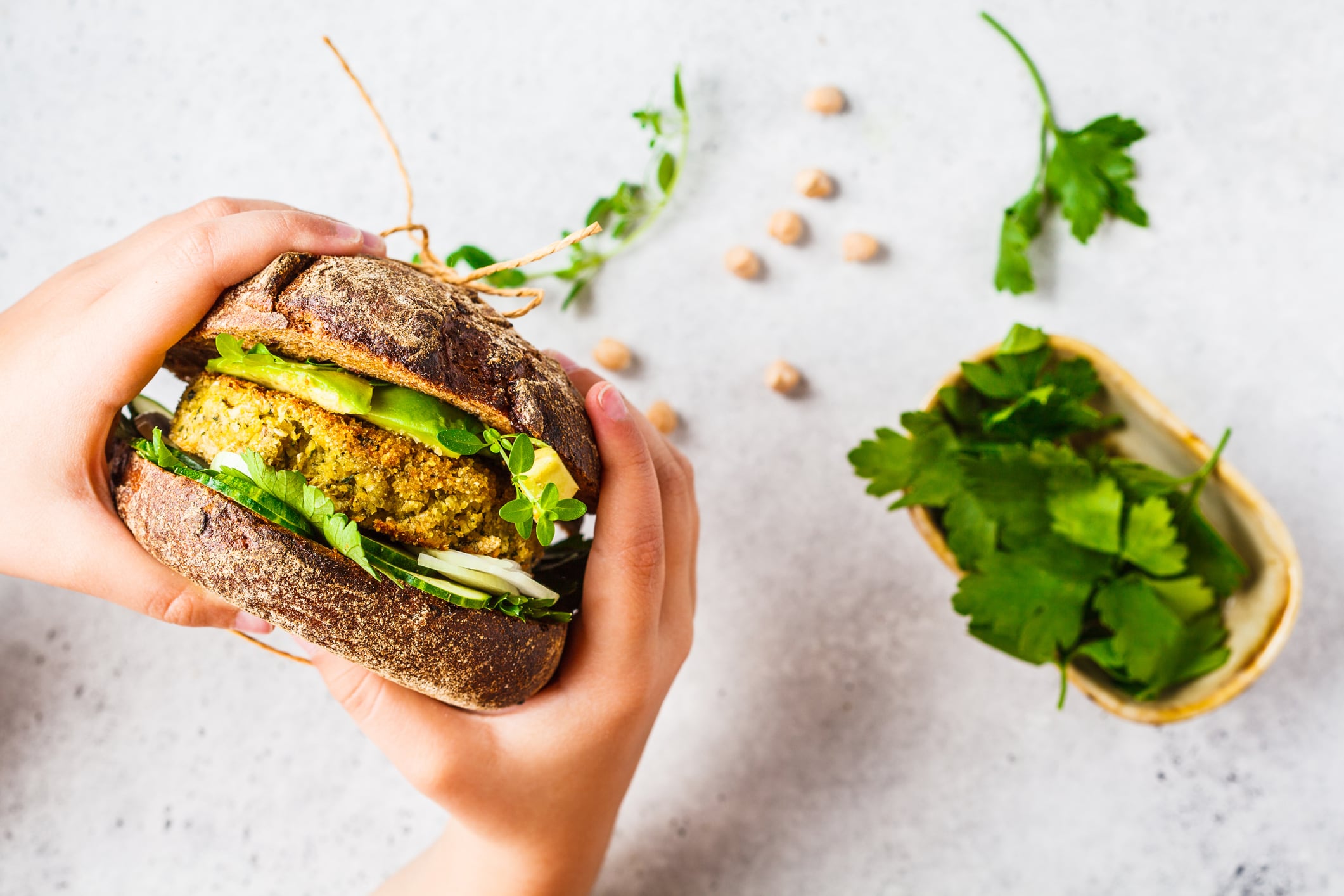
NECTAR to unveil consumer insights that may pave the way for mainstream adoption across Asia

Exclusive: New Zealand-based Leaft Foods partners with Lacto Japan to bring its leaf protein into staple categories such as bakery and dairy foods

Vow cultured quail, Samyang plant-based and more feature in this edition of Alt Protein Watch

Food tech firm Mottainai made its soy-based meat with public health in mind – a tenet that guides its food safety and nutrition policy to build consumer trust
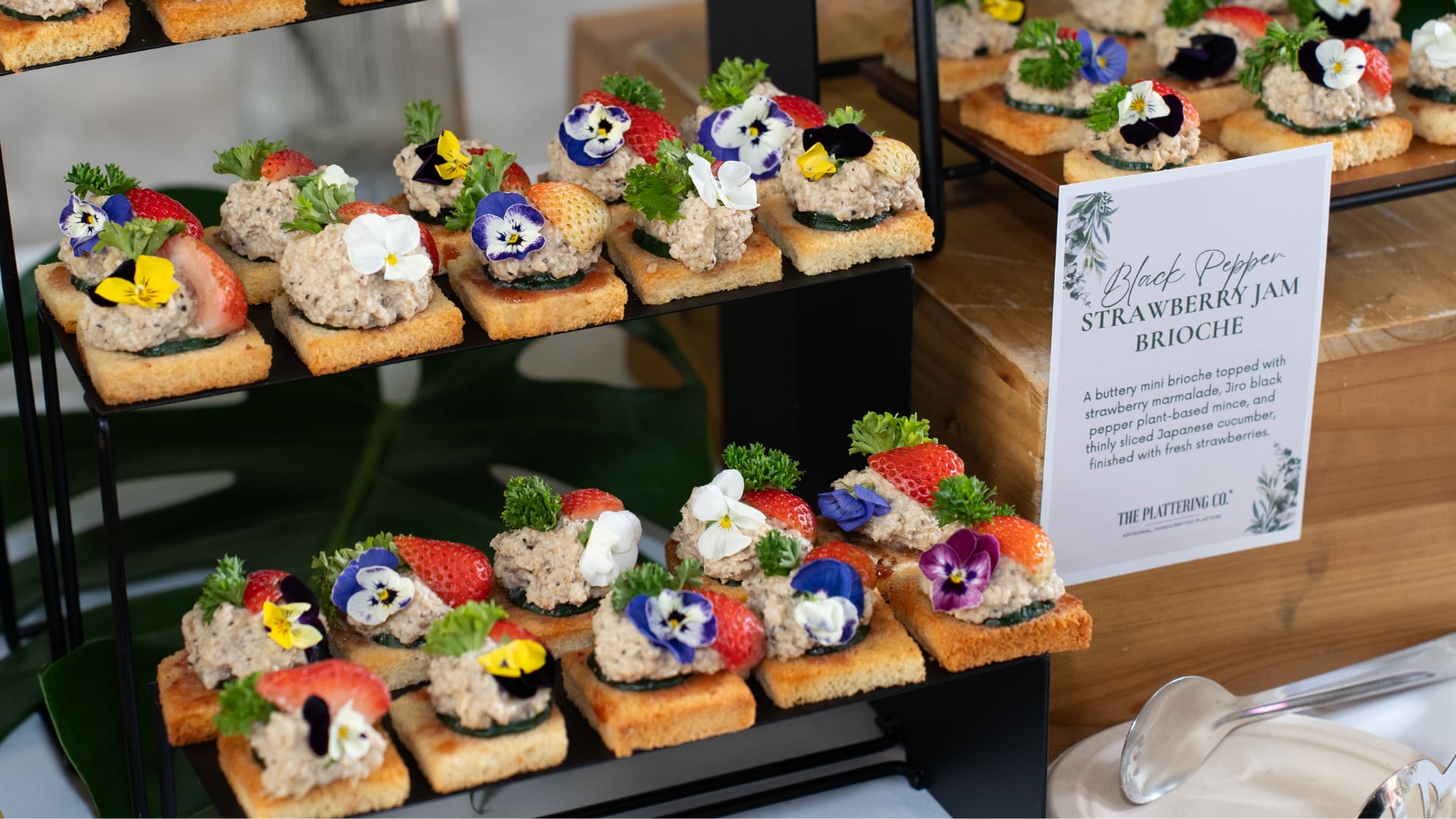
‘Sustainability alone is not enough’ – Food tech firm Mottainai ramps up commercial scale beyond okara-based meat
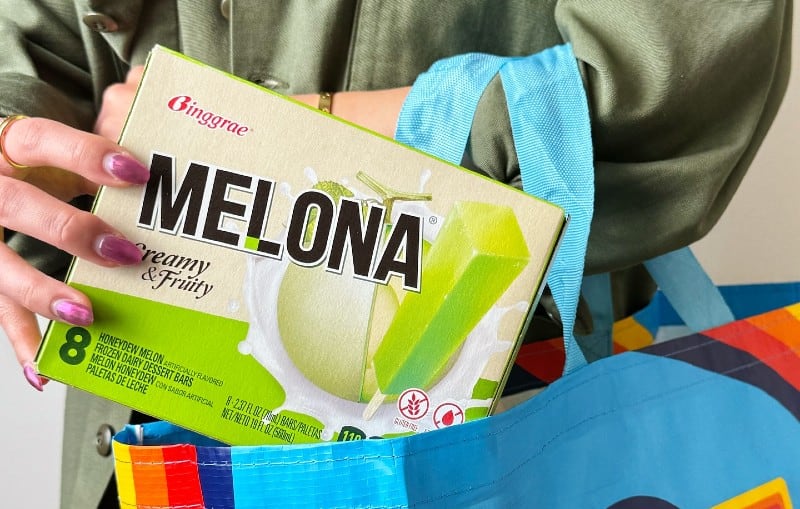
South Korean ice cream exports are rising fast, rivalling ramyeon as a top food export driven by strong demand and popularity in the North American market
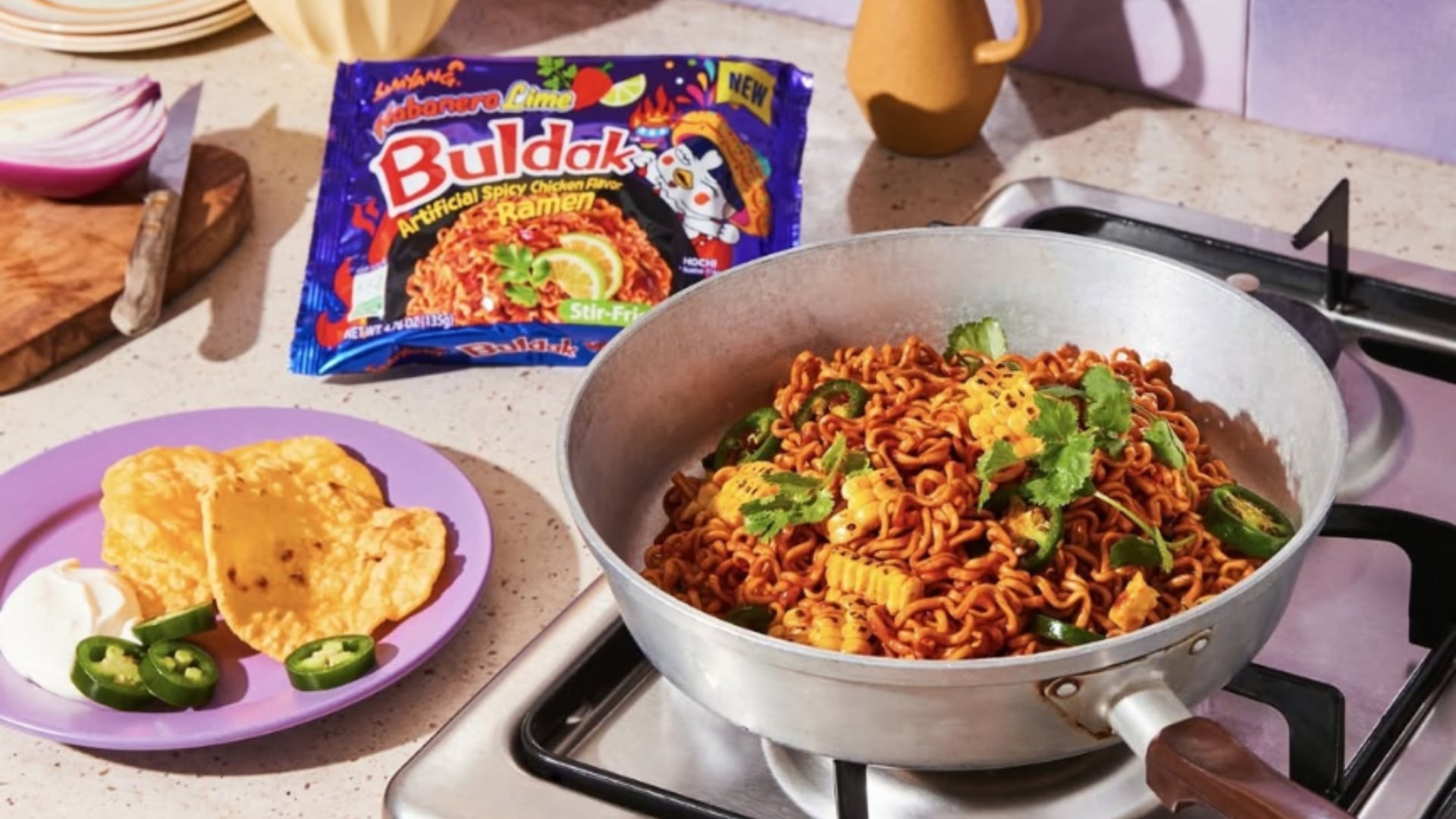
Samyang Foods is ramping up its eco-friendly product development and nutrition-focused offerings as part of a broader sustainability strategy

本期“聚焦澳新”包含 AIFST、Brownes Dairy、便利与健康等专题报道

Vow’s cultured quail, sustainable Brazil nuts, Kantin Lab’s Asian snacks, and more feature in this roundup

ここでは、English Tea Shop、飲料トレンド、コーヒーなどを特集しています。

今回のサイエンス ショートでは、糖尿病有病率、WHO STEPs研究、ベジ・ナノセンサーなどを特集しています。
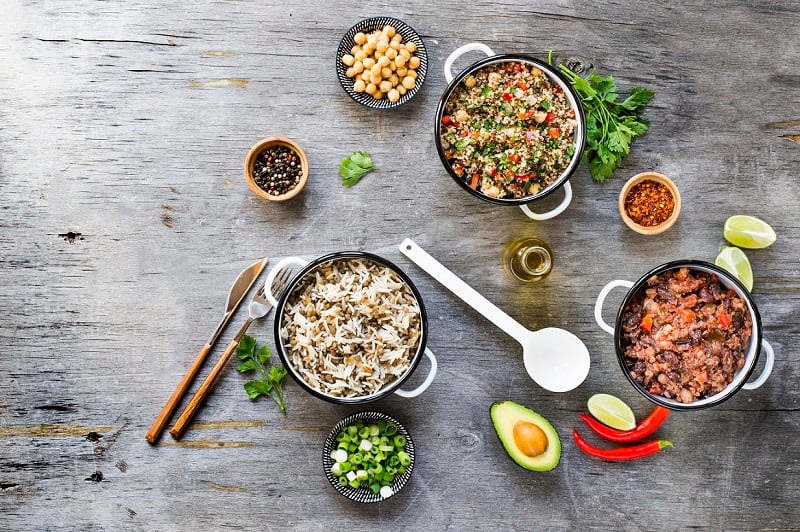
今回のヘルシア チョイスは、抹茶オーツ麦ラテ、高タンパク質チョコレート、層別栄養などを特集しています。